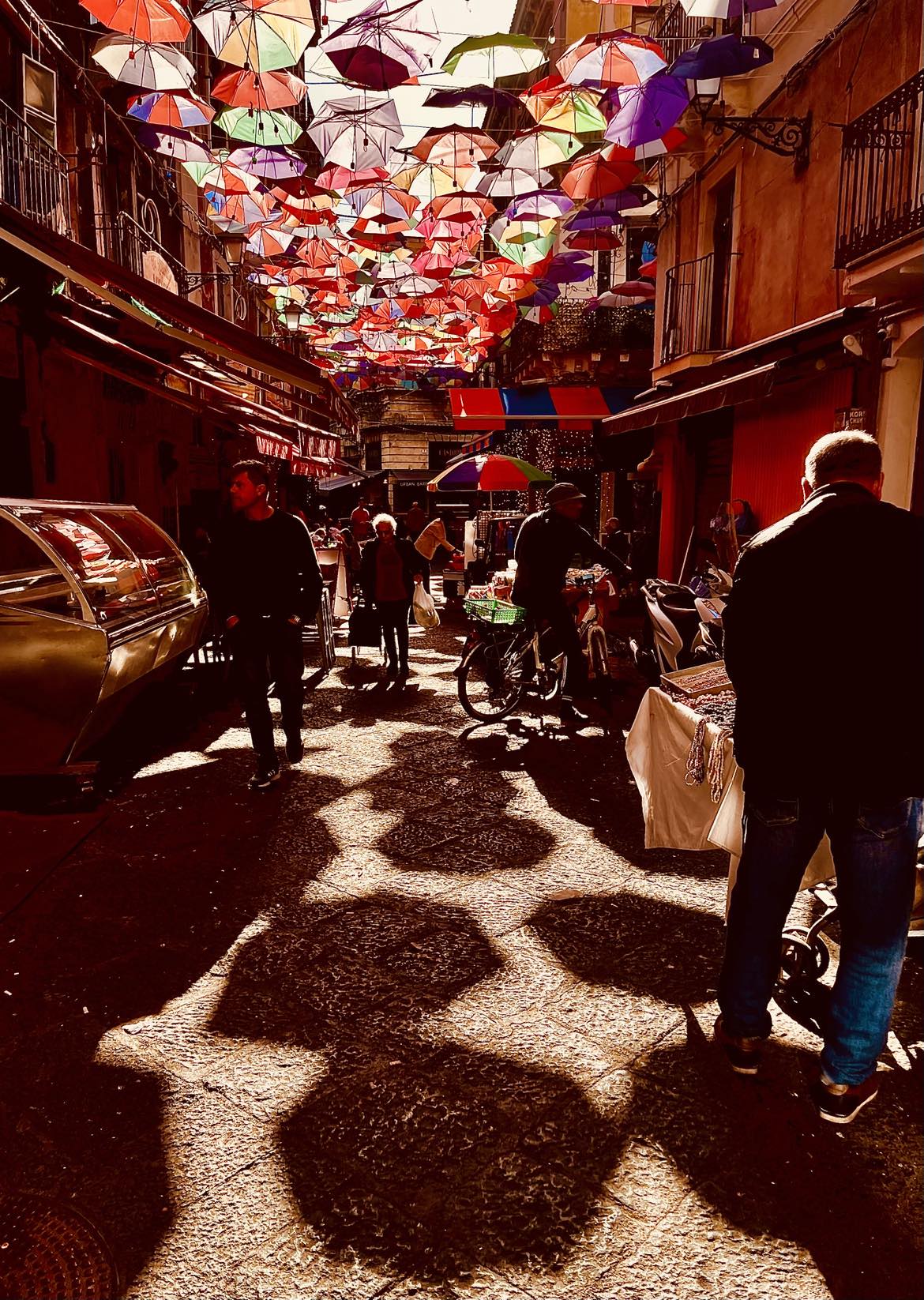
The Spring Issue | 2025
Herewith, our (late) Spring Issue, breaking the cold in anticipation of lazy months to come. Check back daily for new poems, stories and more.

Your laughter. / It seems so harmless. / A roof made of boulders. /
Things inside your body that have never gotten out.
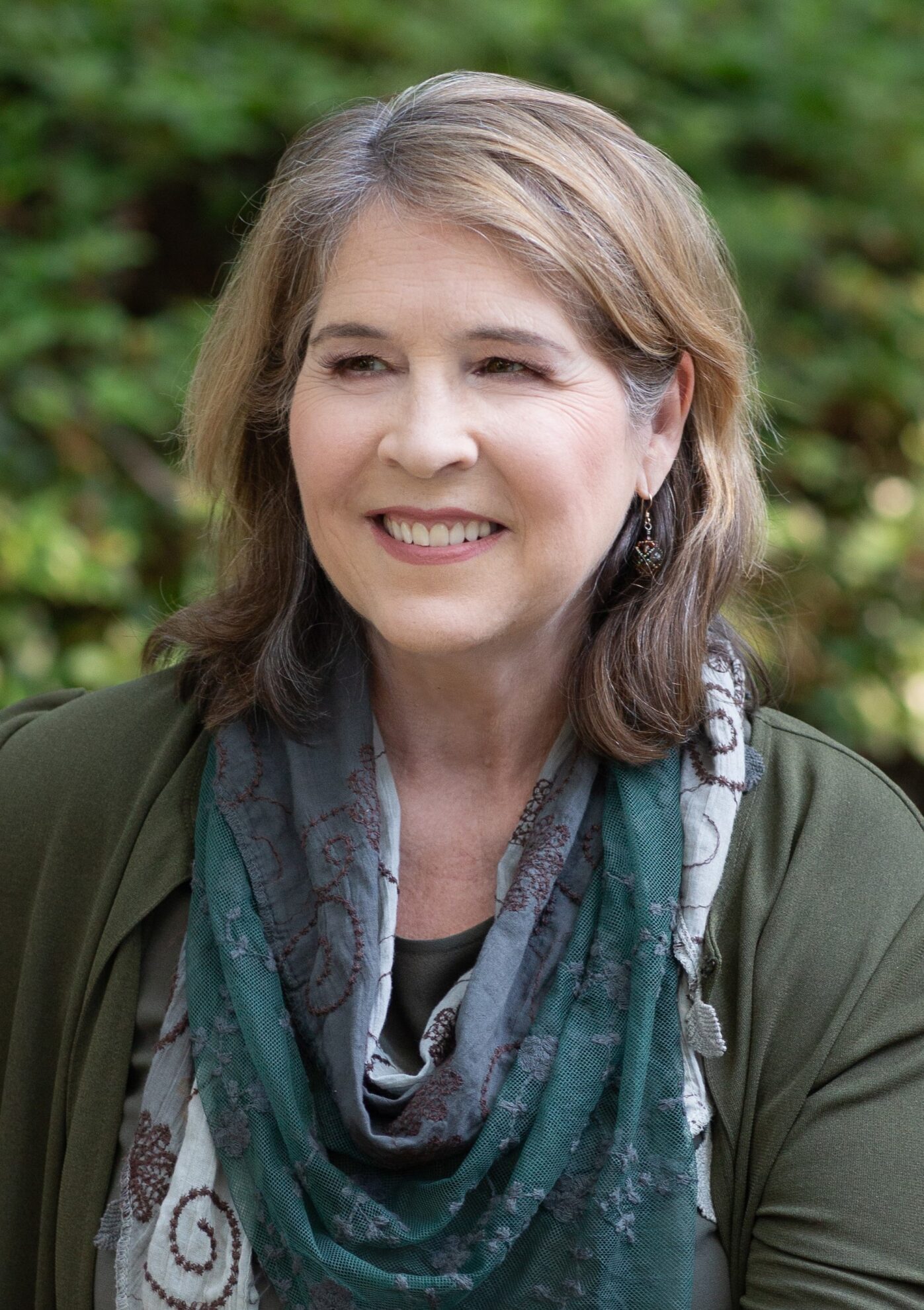
When the rain slowed, I walked the dog / from whom I wrested one bottlecap, one shoe. // Clicked on a link to a network of bail funds, / found my country, my state. Hovered.
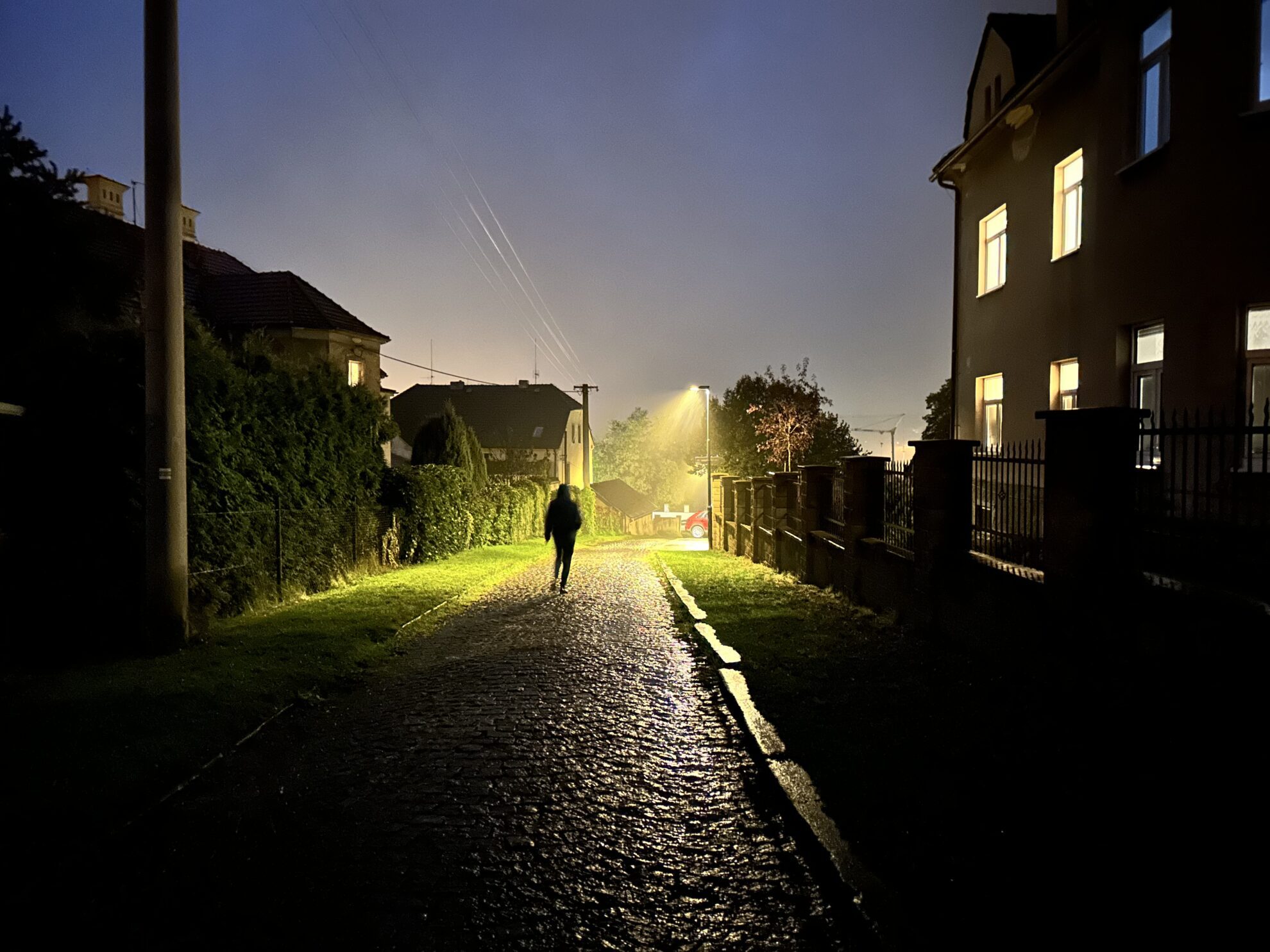
At long last, our Fall 2024 issue is here. Check back daily throughout the month of November to read a true harvest of poems, stories, art, and criticism that we’ve curated for you this autumn.
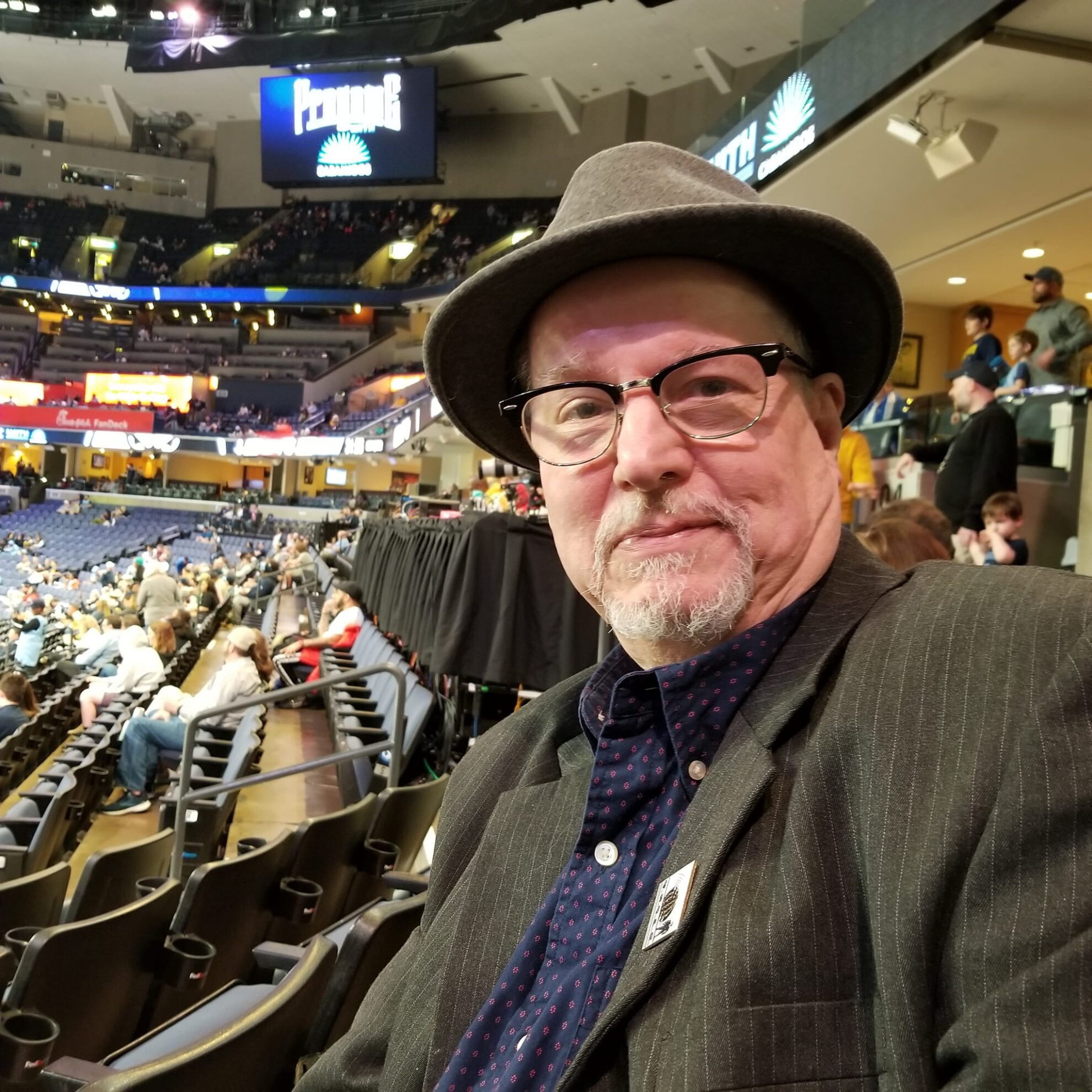
See if anyone is / watching. No one is // watching. The water laps / around you like applause.
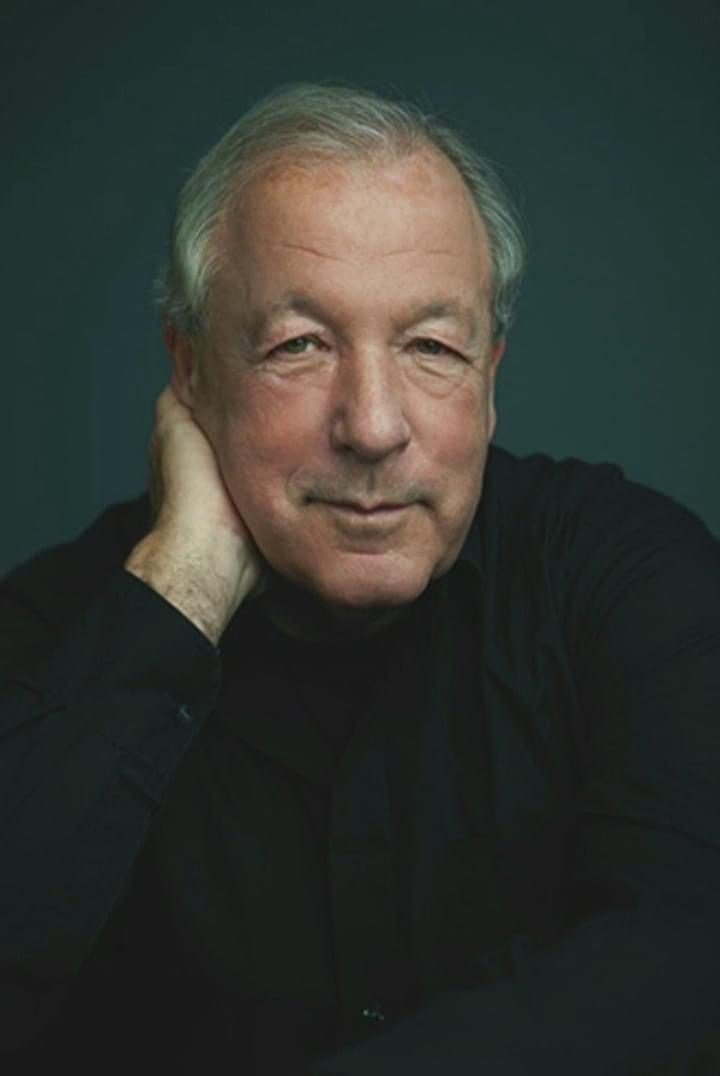
It drifted along the side of the building, higher and higher, seemingly aiming to land on the flat rooftop, but then it suddenly slowed down, and plummeted onto the tiles of the balcony upside down, as though it were a dead bird.

Herewith, our (late) Spring Issue, breaking the cold in anticipation of lazy months to come. Check back daily for new poems, stories and more.
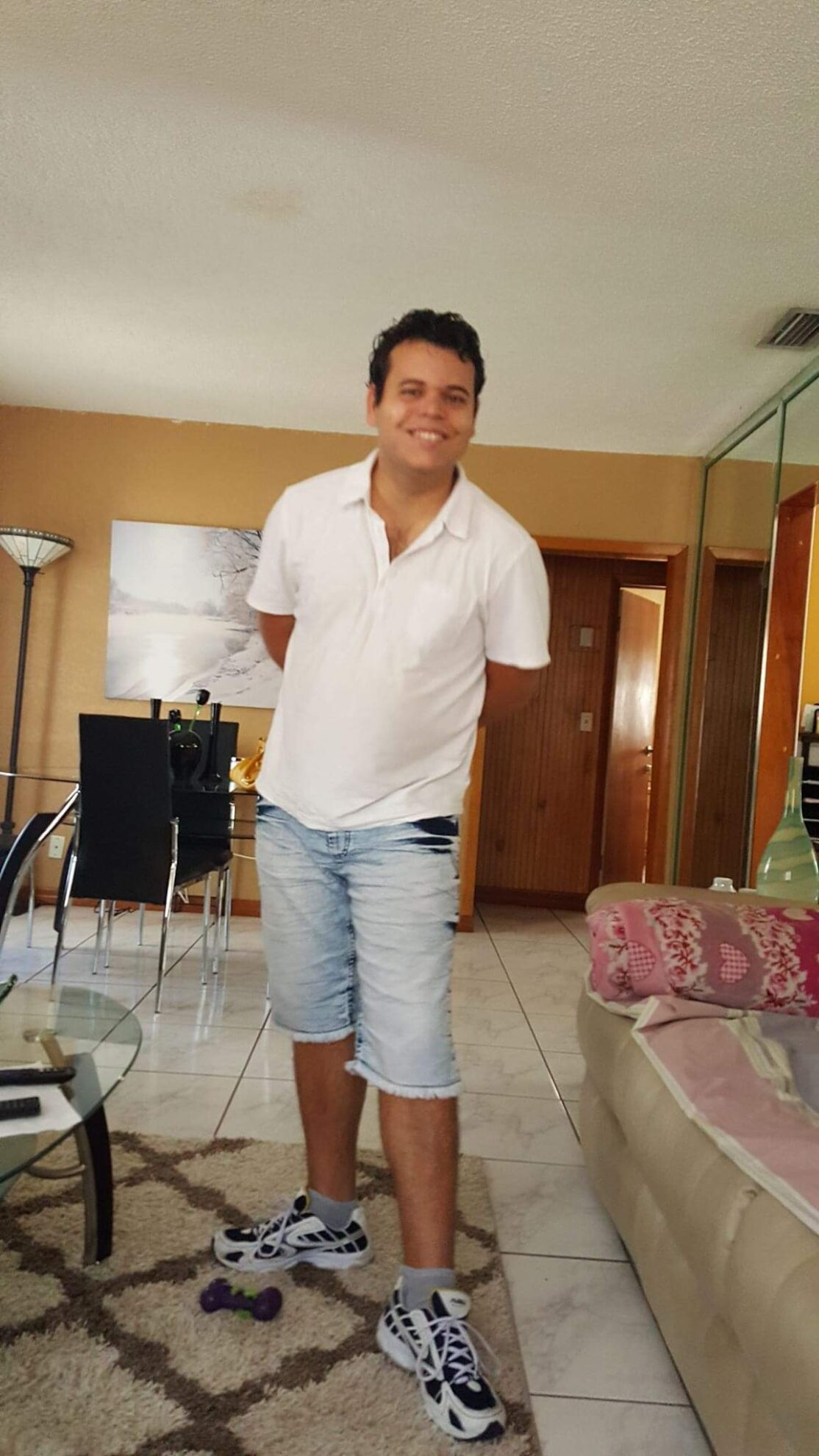
From a very young age my star stopped shining. / And among the many battles between life and death, / I discovered, I think by chance, the meaning of life.
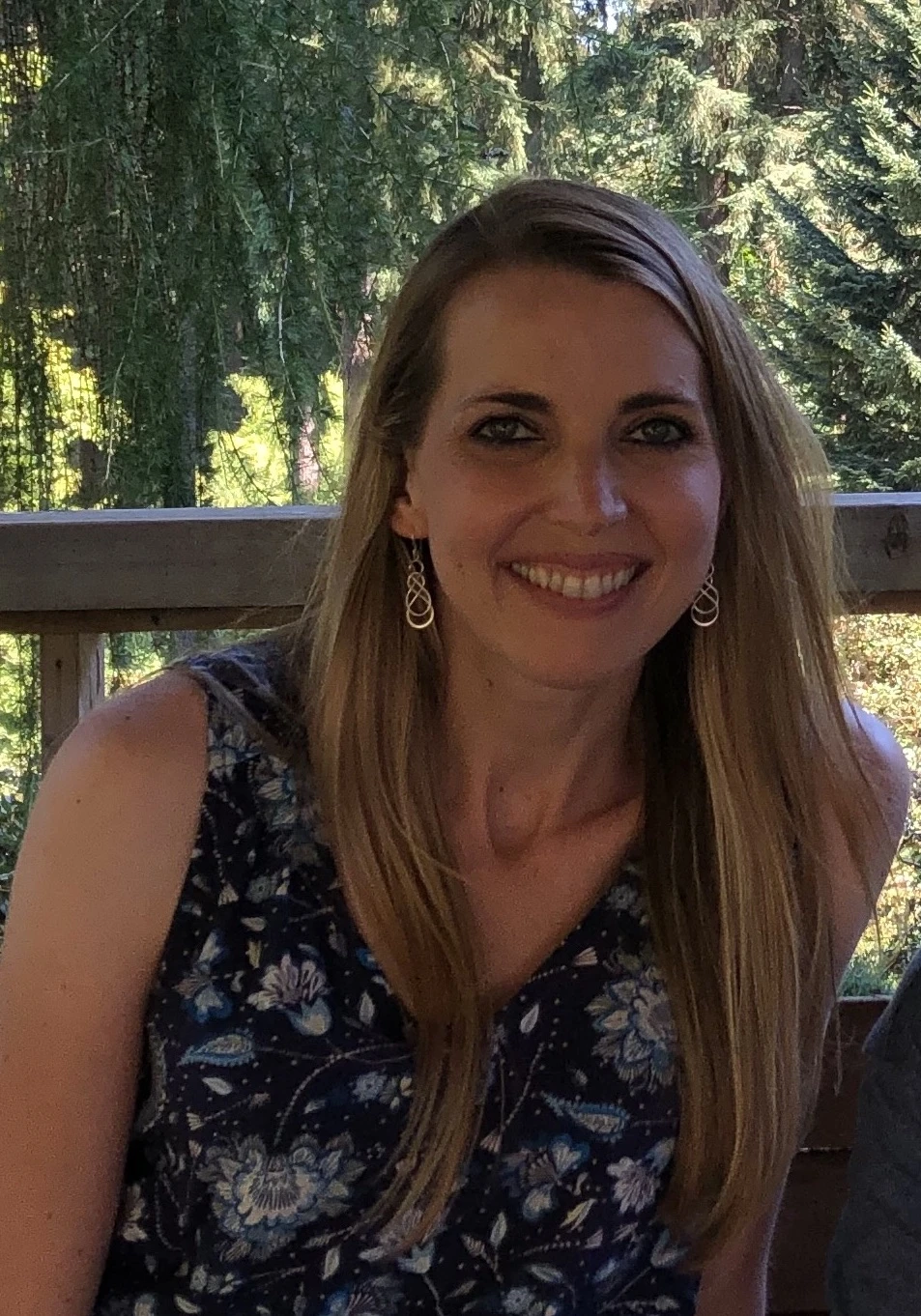
No one knows how much the silverware drawer matters. It rattles in Leah’s mind if it’s left unorganized. She checks it often.
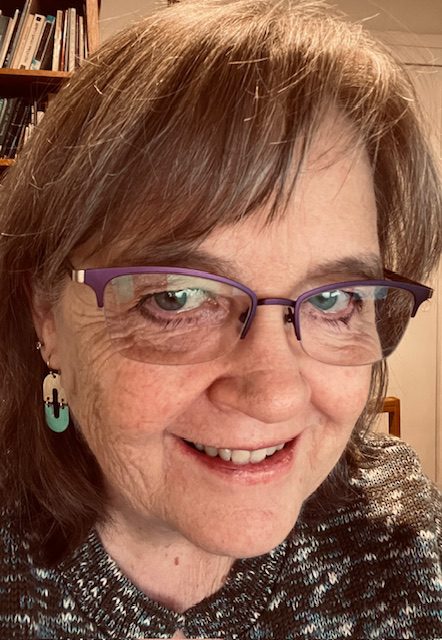
My mother / paid for groceries one dollar bill / at a time. When I left home // she lost a third of her aid.
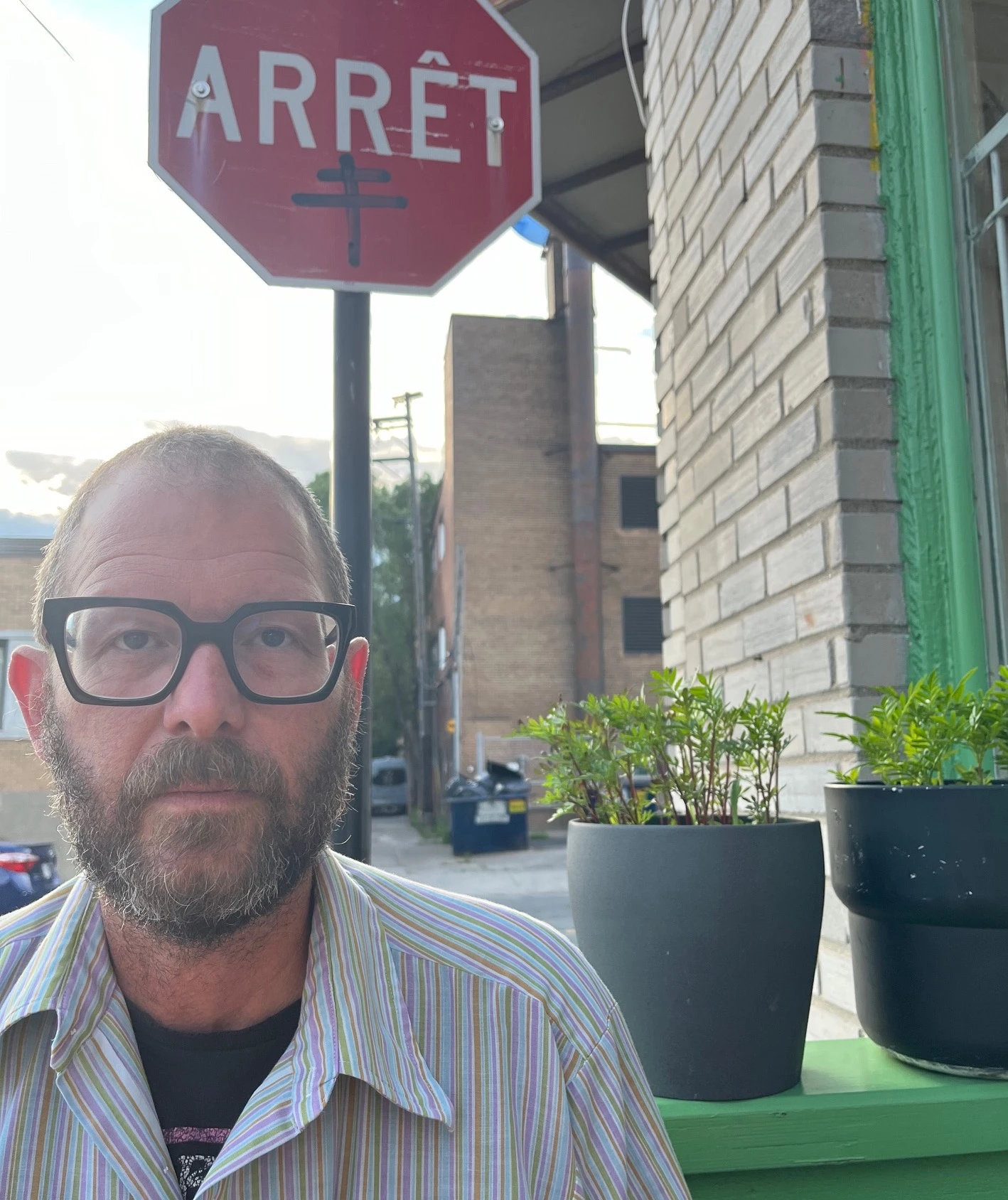
You say utterance is when word becomes law, is held or holds itself in the air like an accident of heaven.
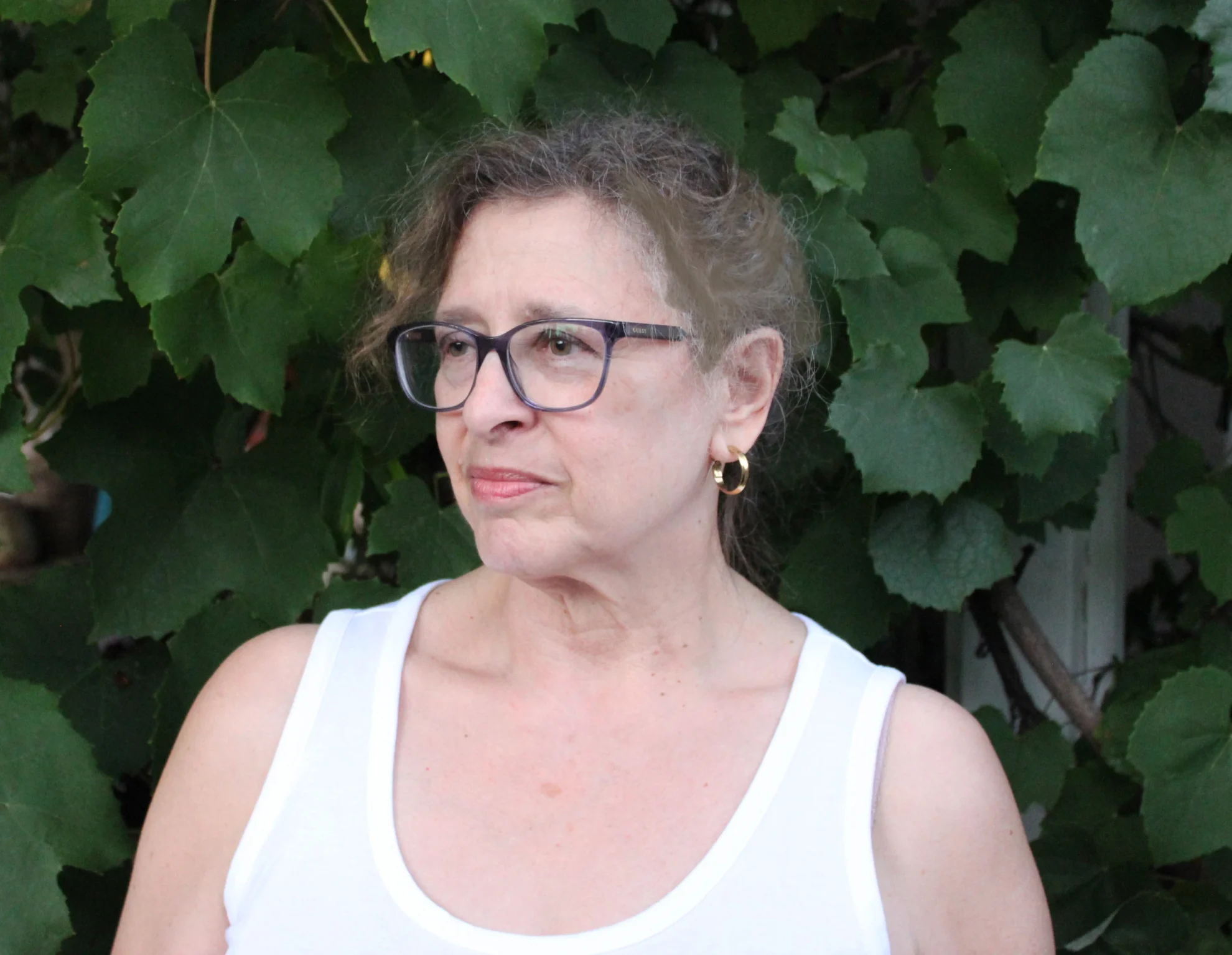
You can’t say he failed to choose a path in life, failed to make the sacrifice of choosing because there was nothing for him to choose at that time.
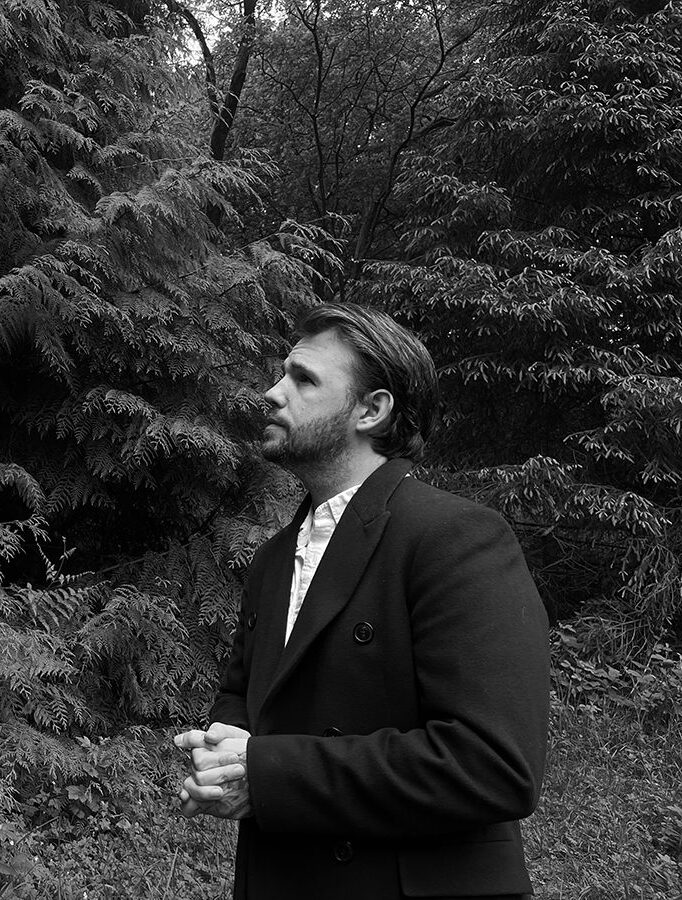
I know this silence / by heart, willed stillness, rotten // moon pulling itself through / the cavity of window.
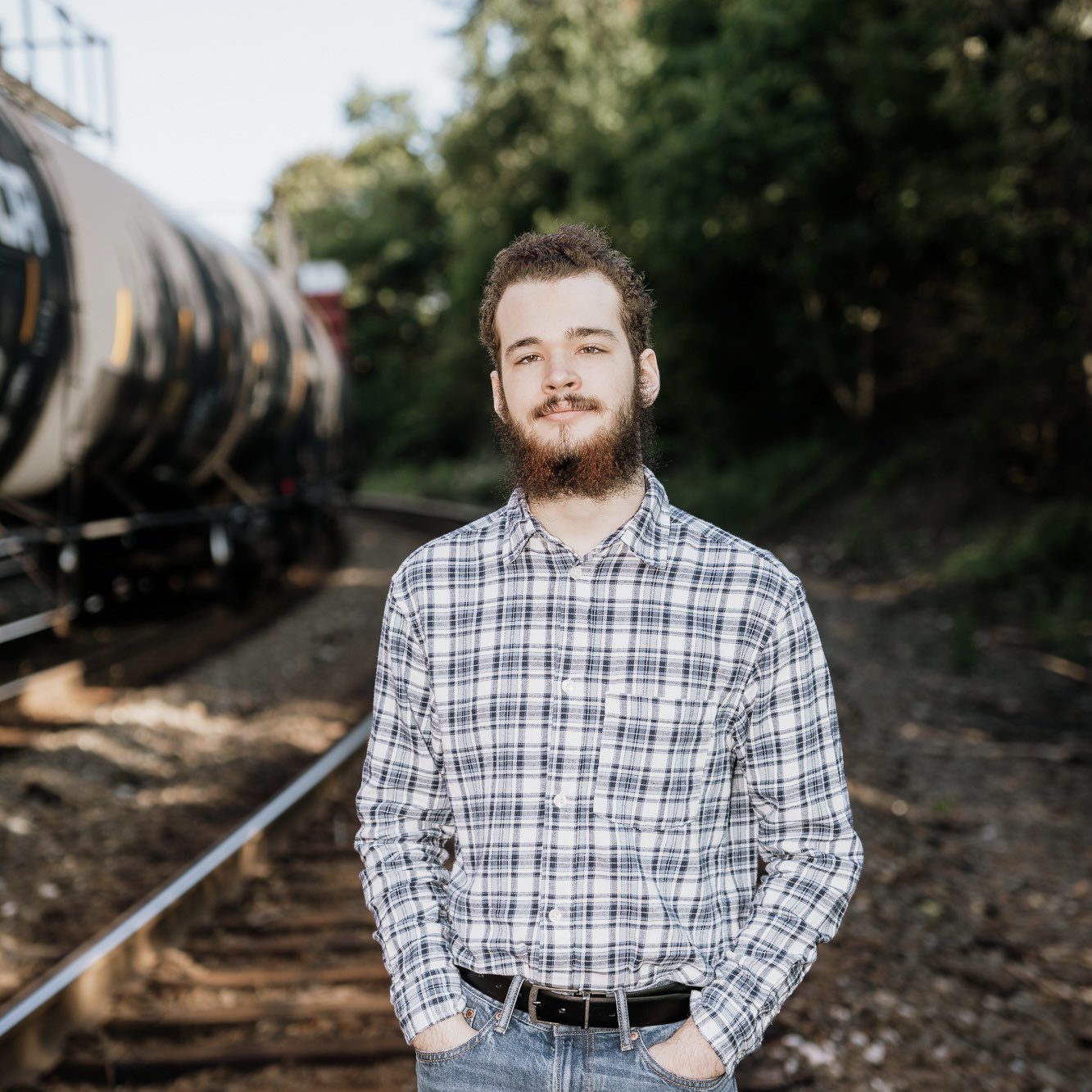
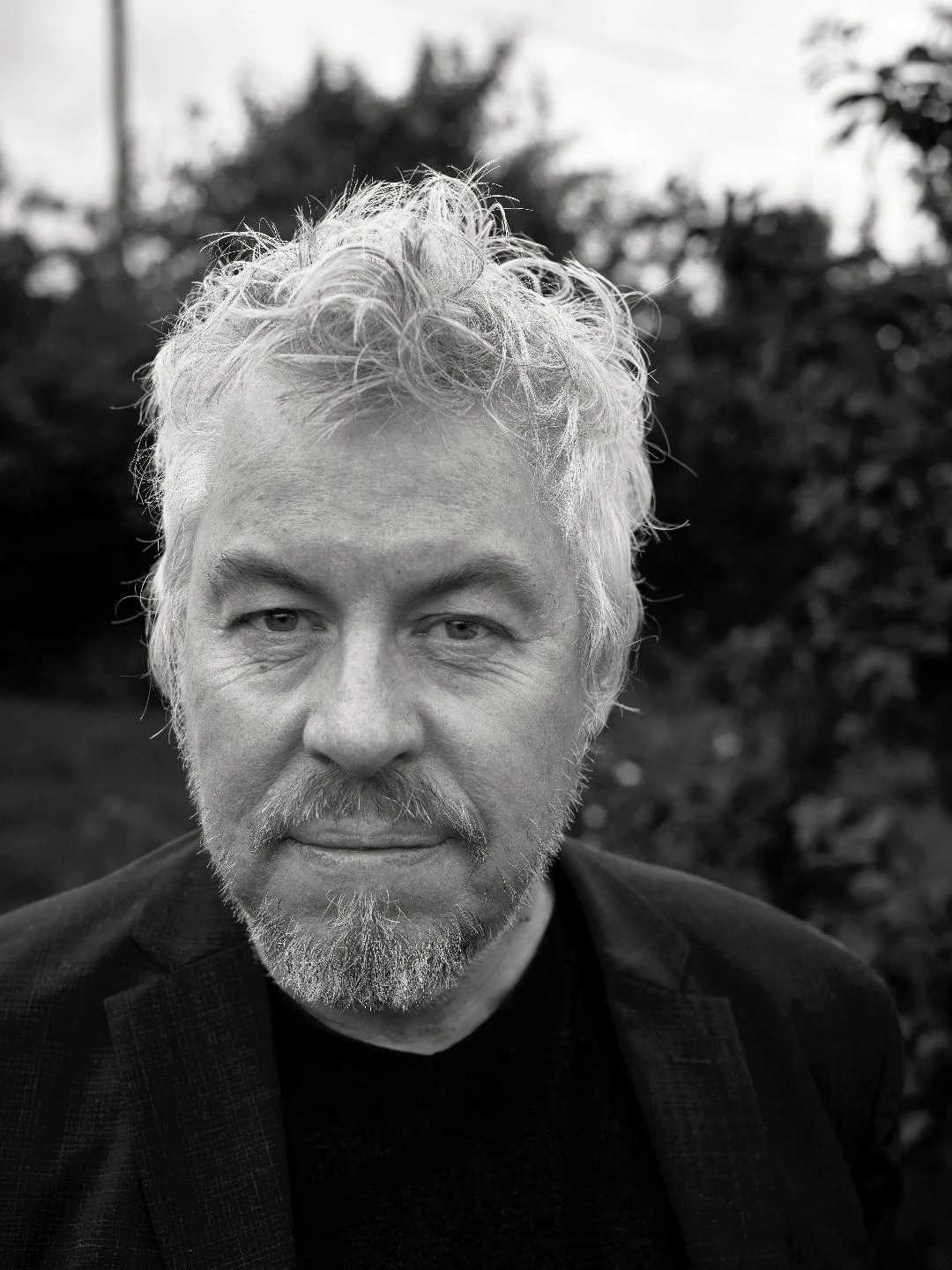
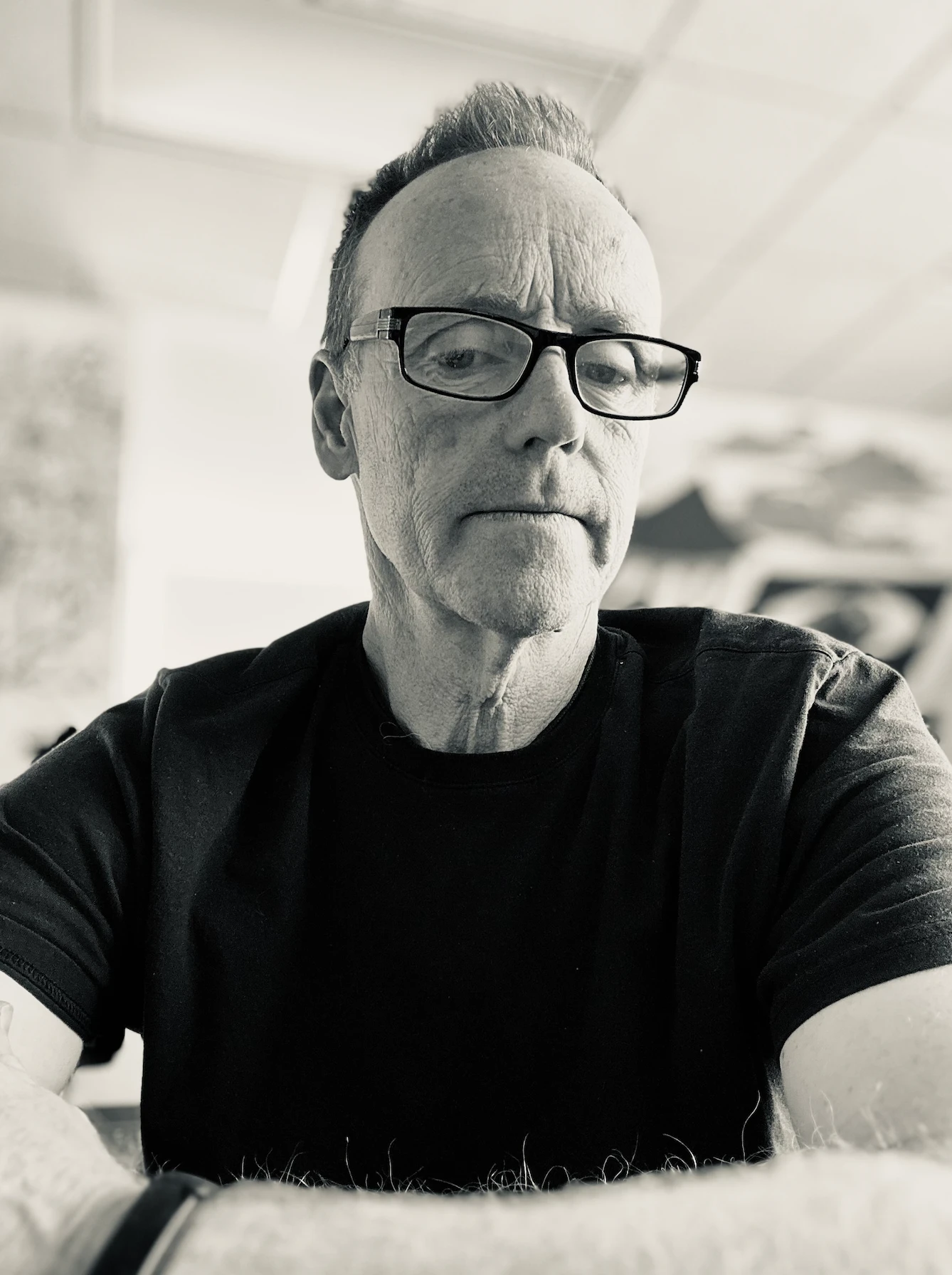
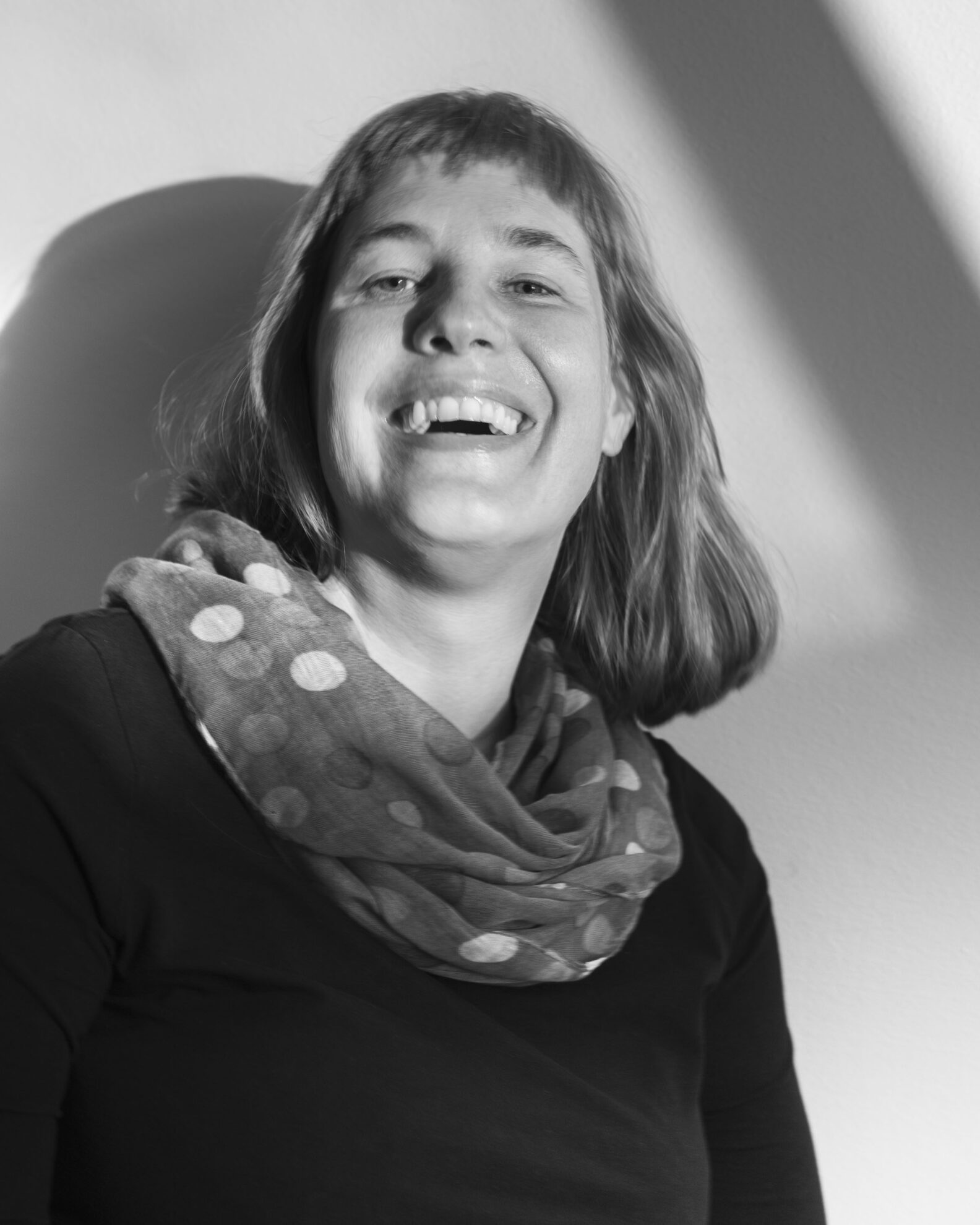



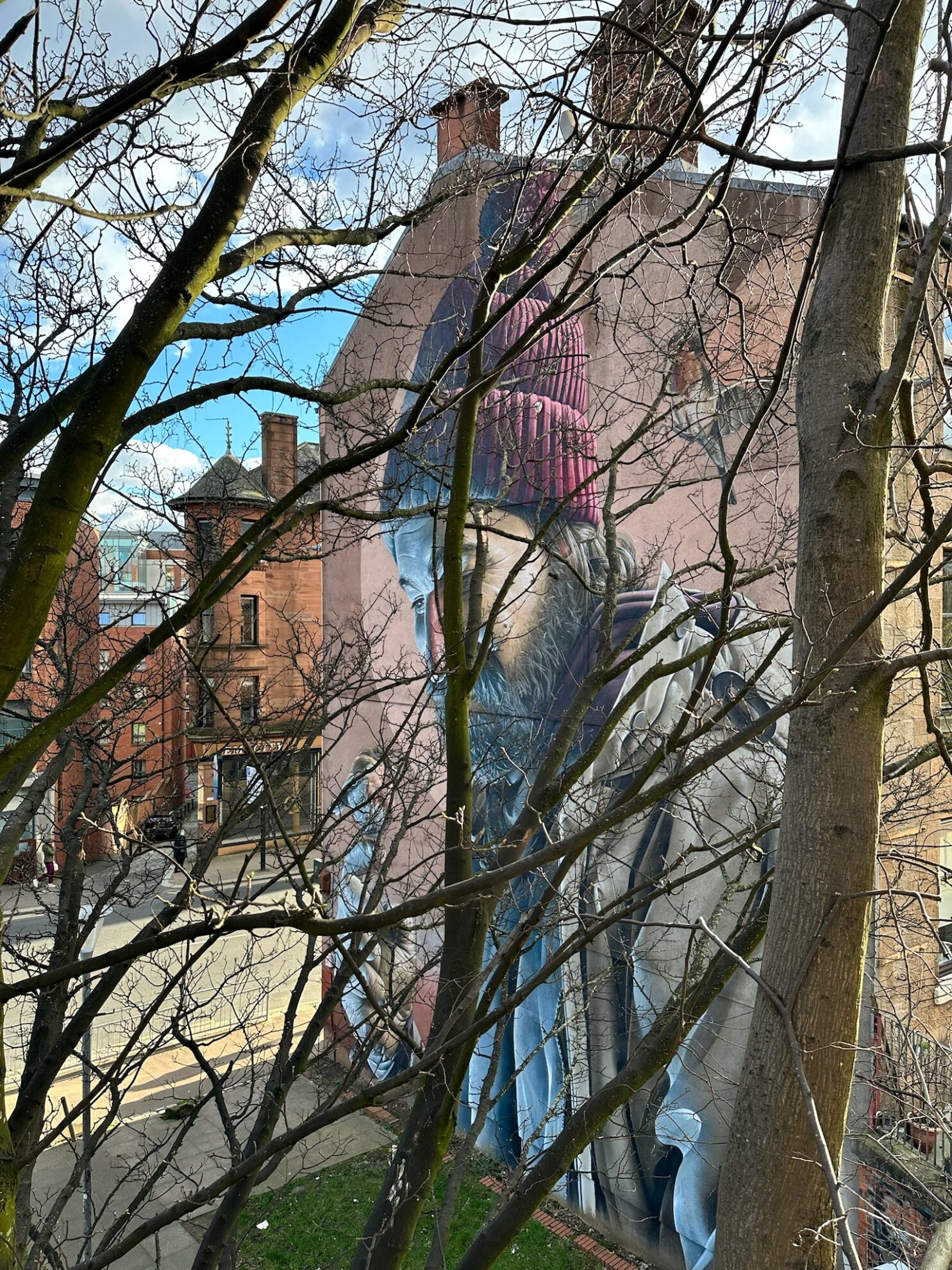
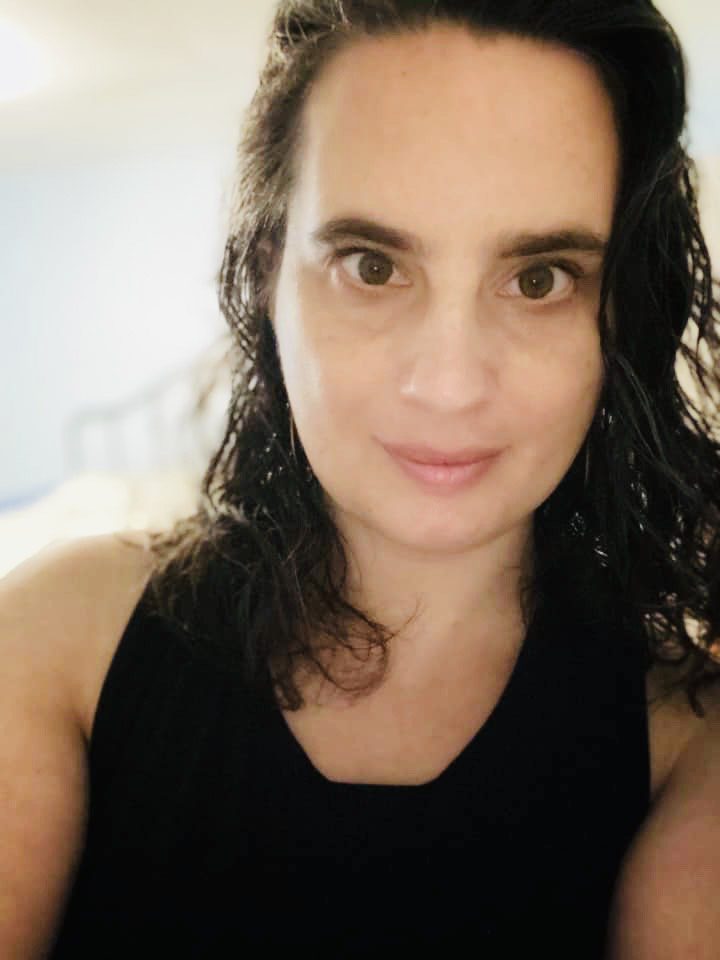
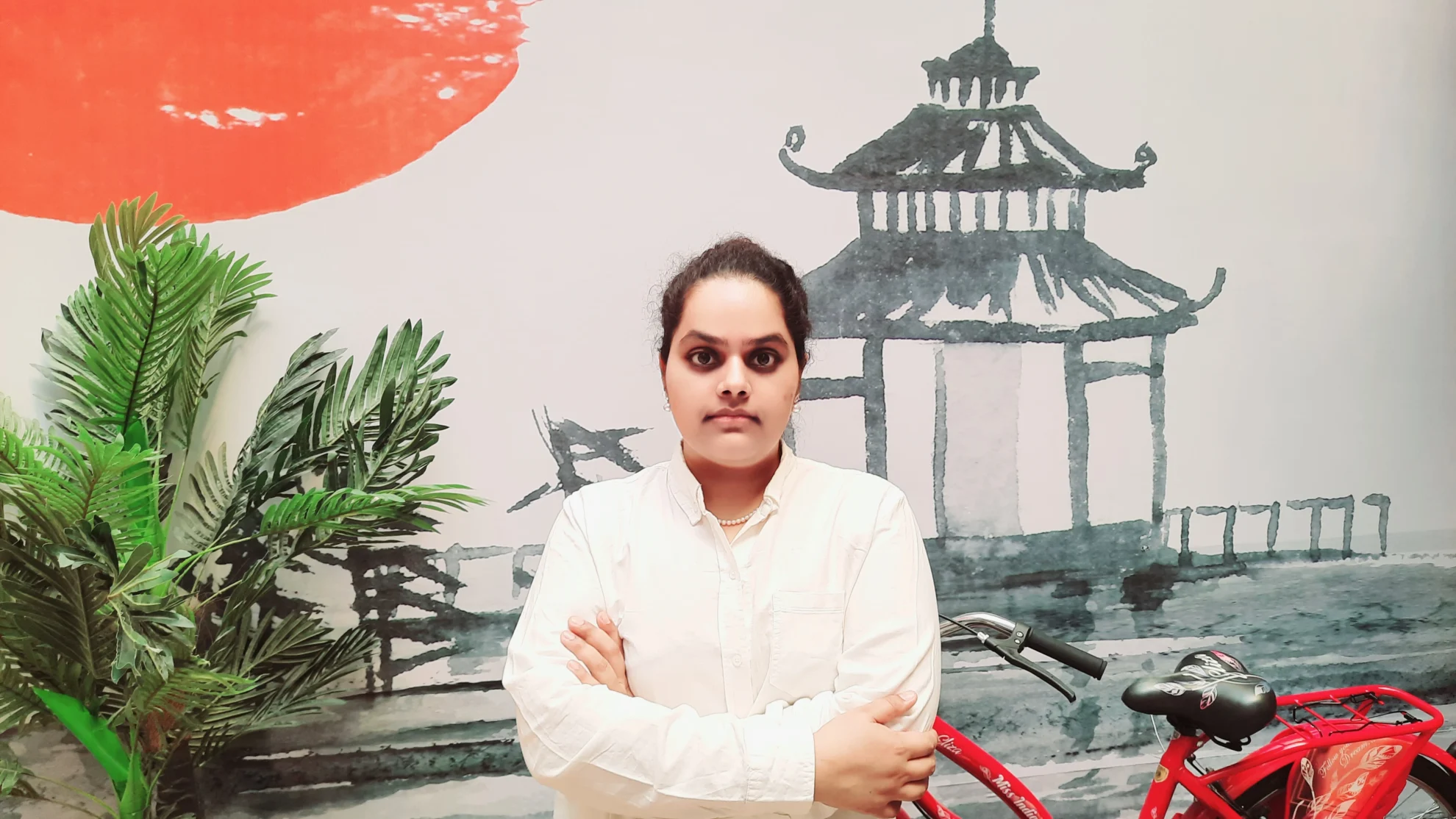
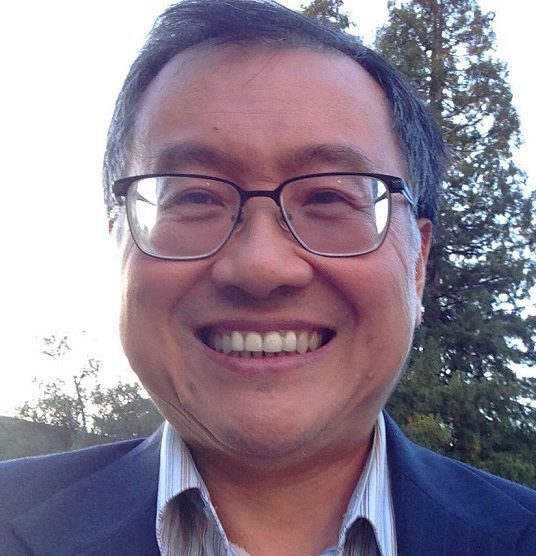

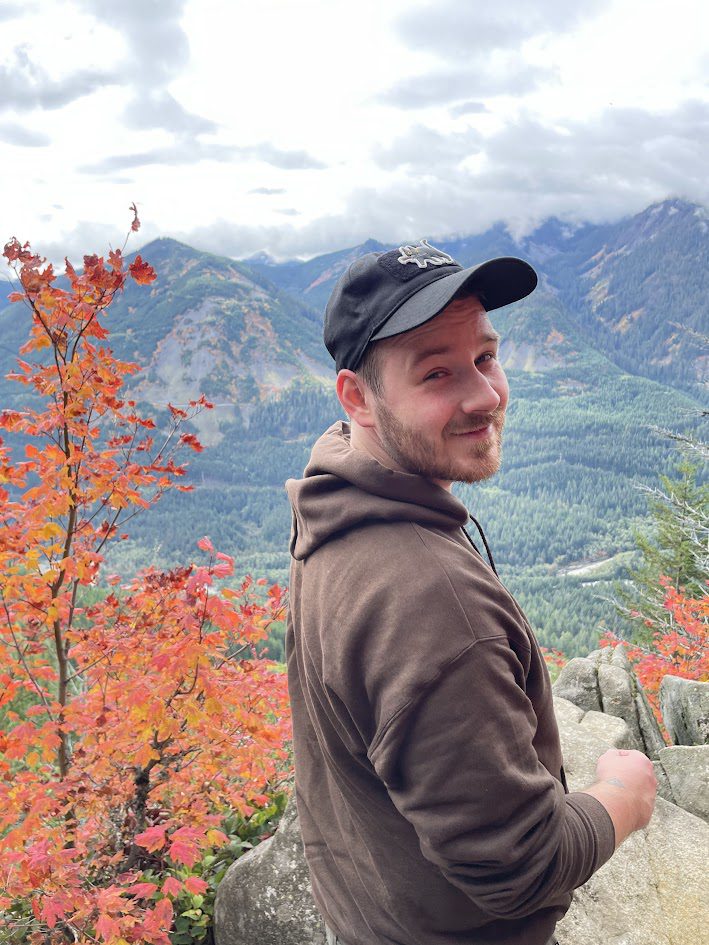

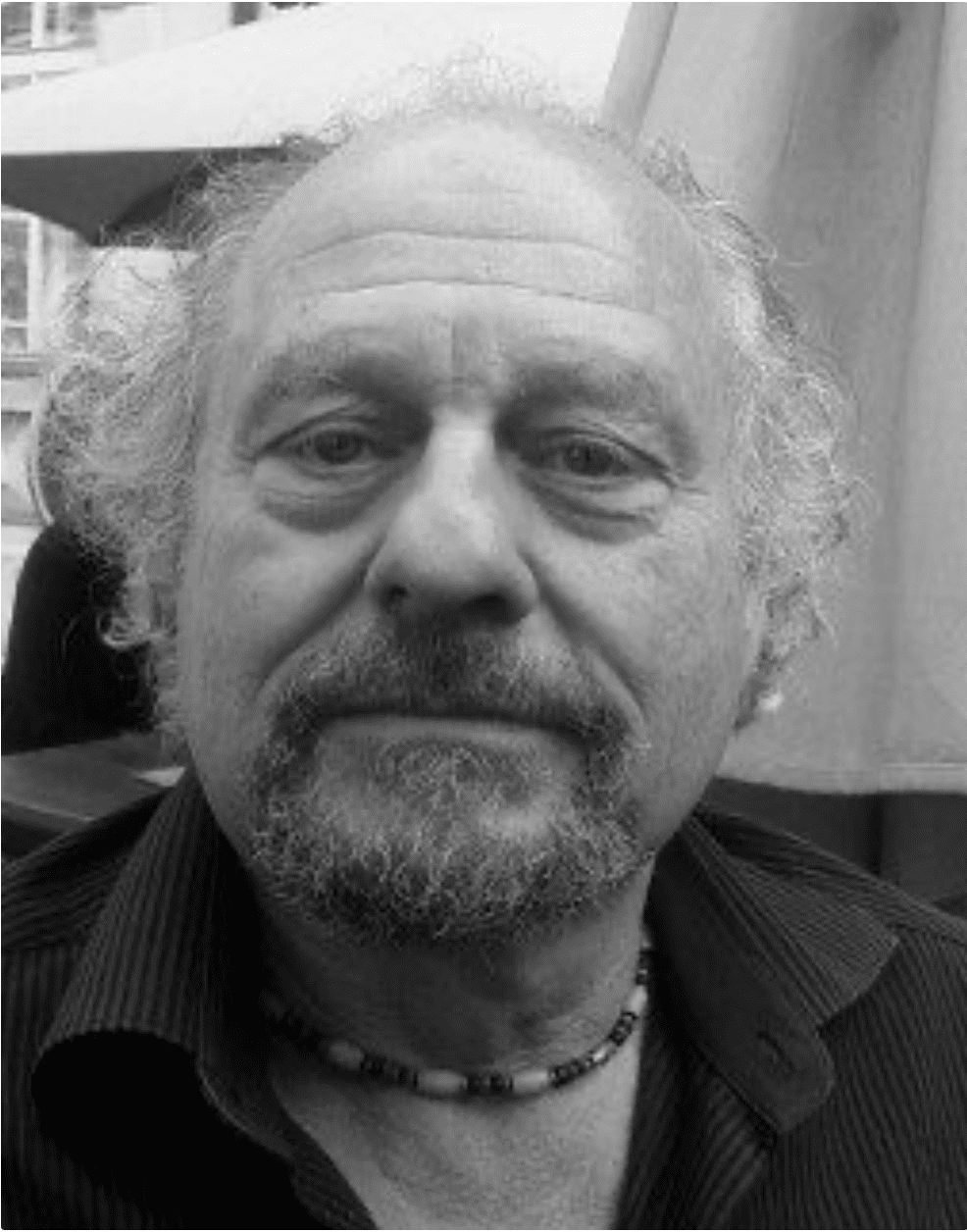
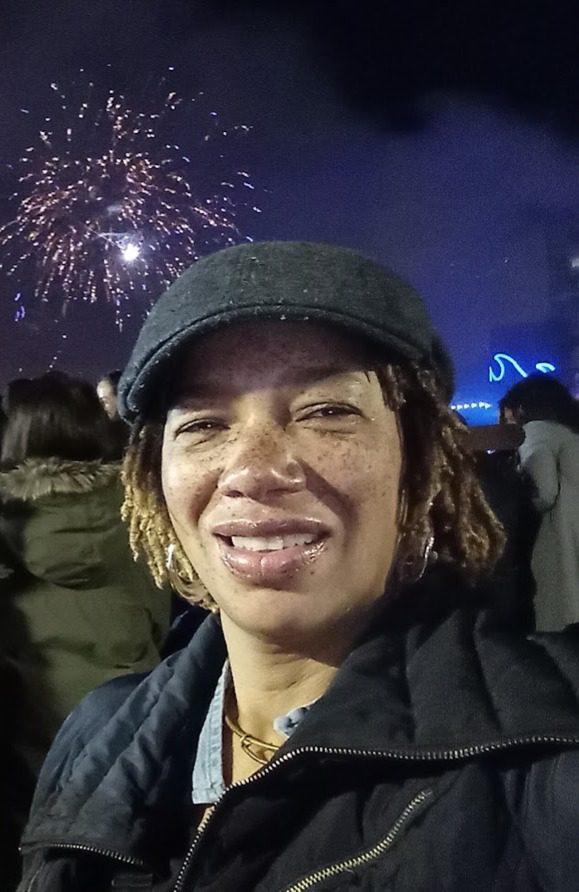
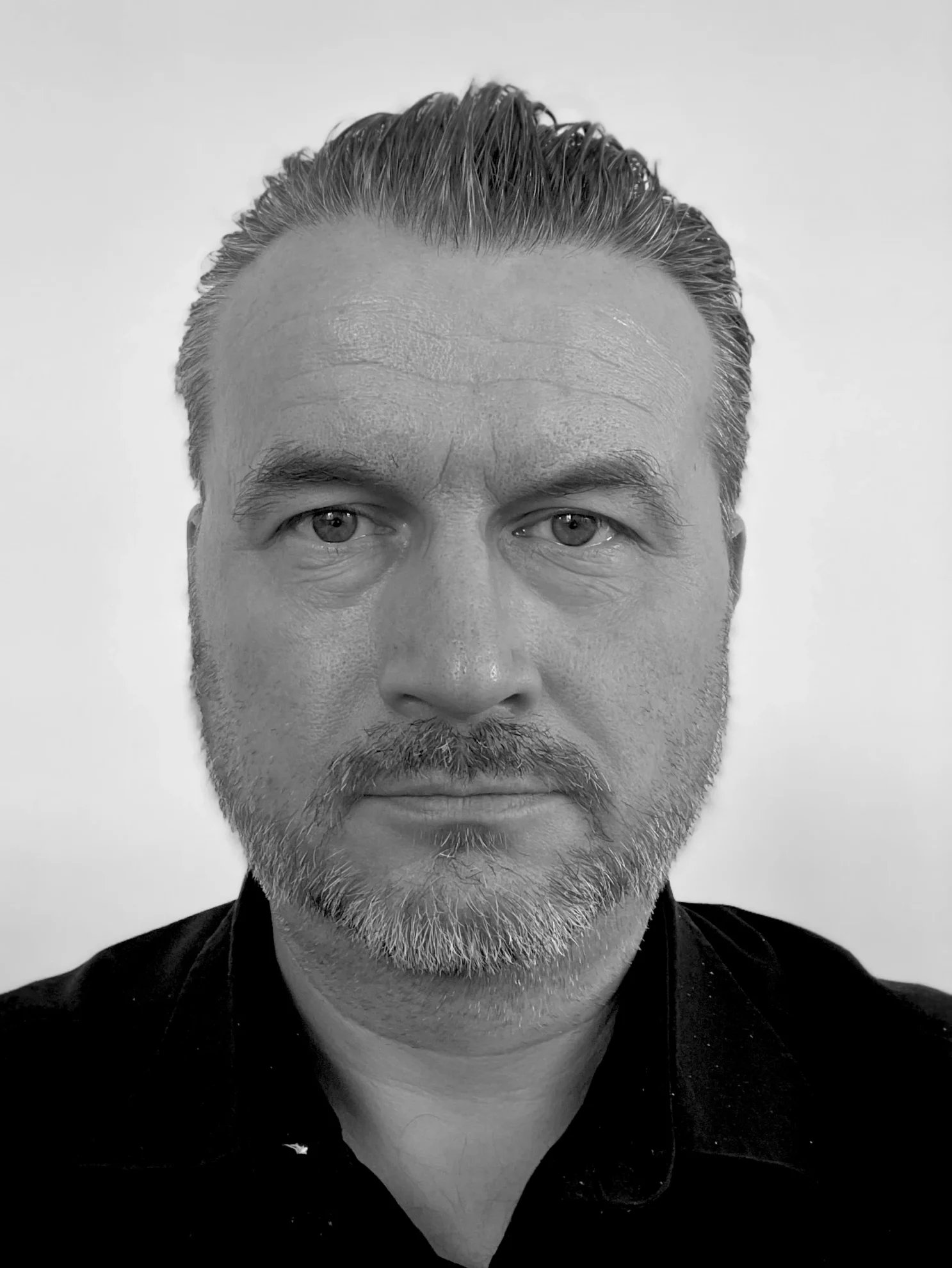
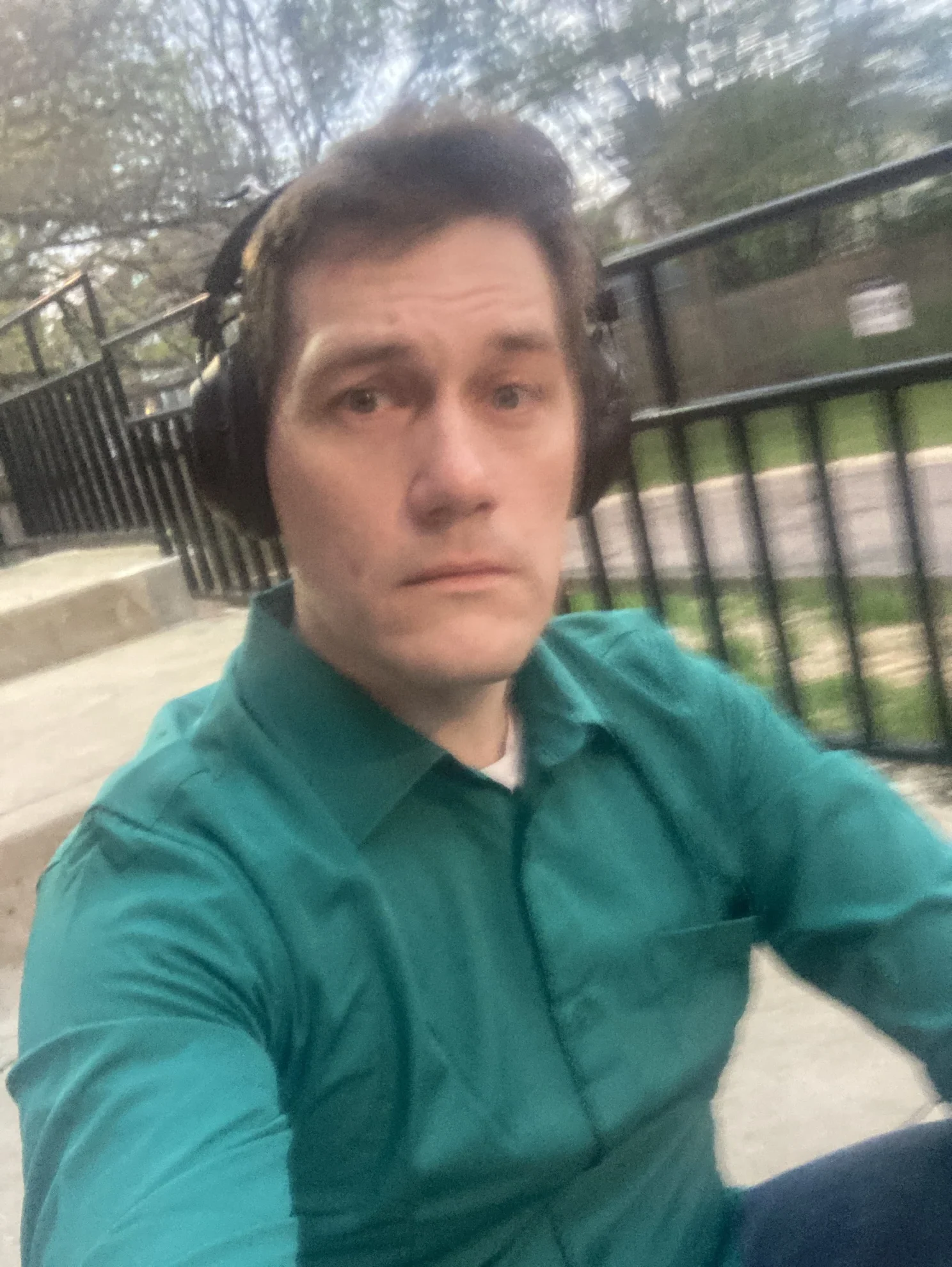


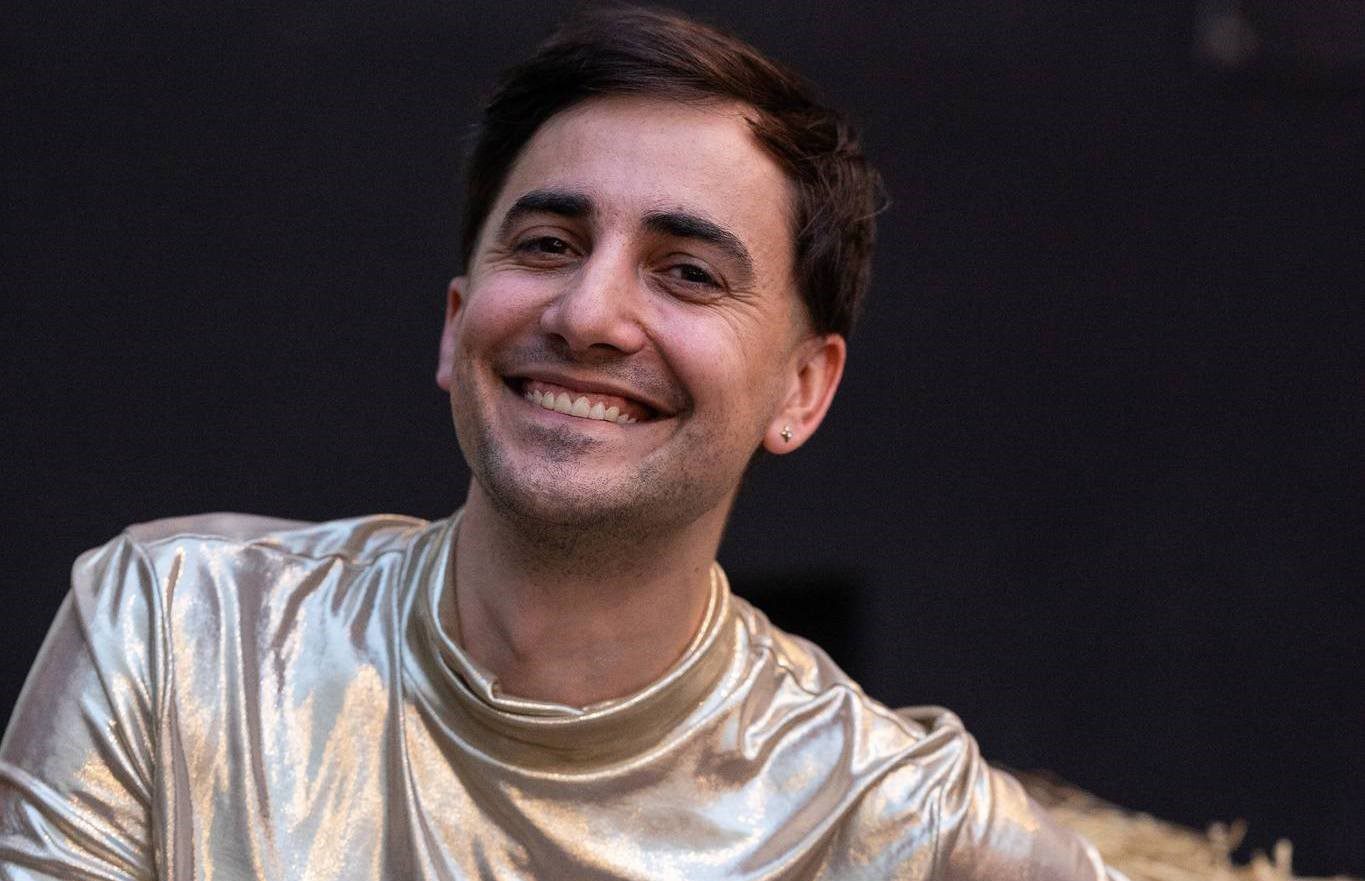
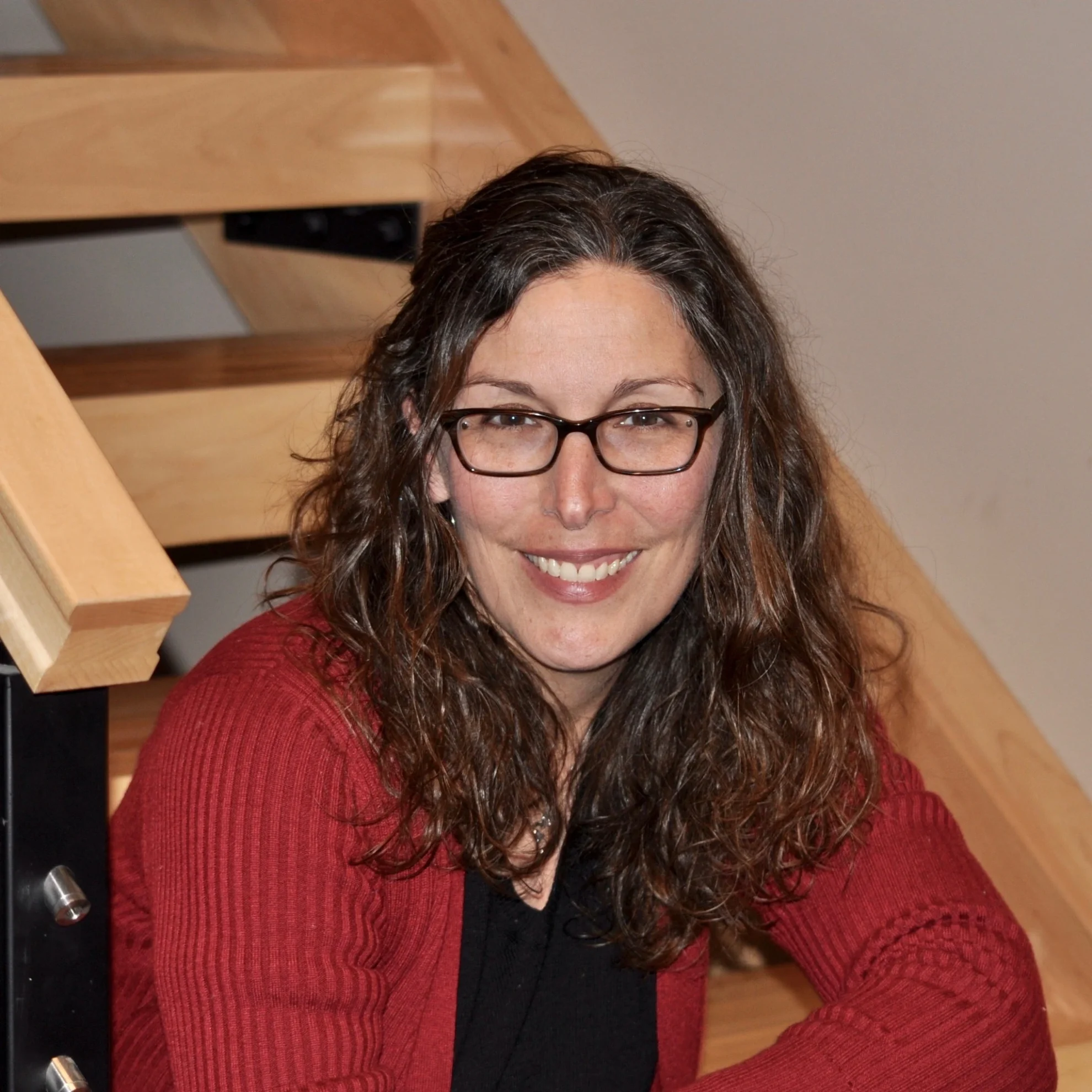
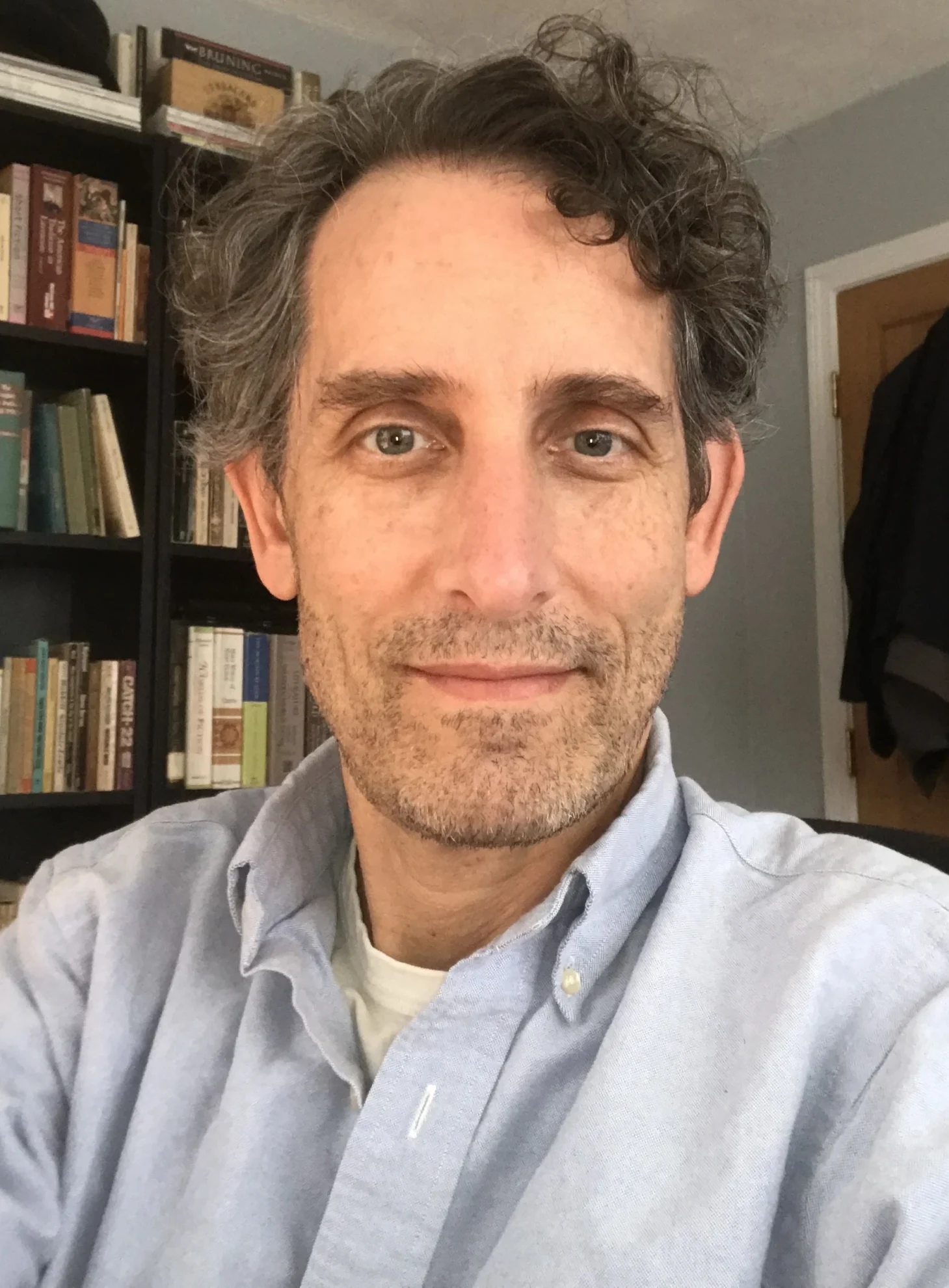
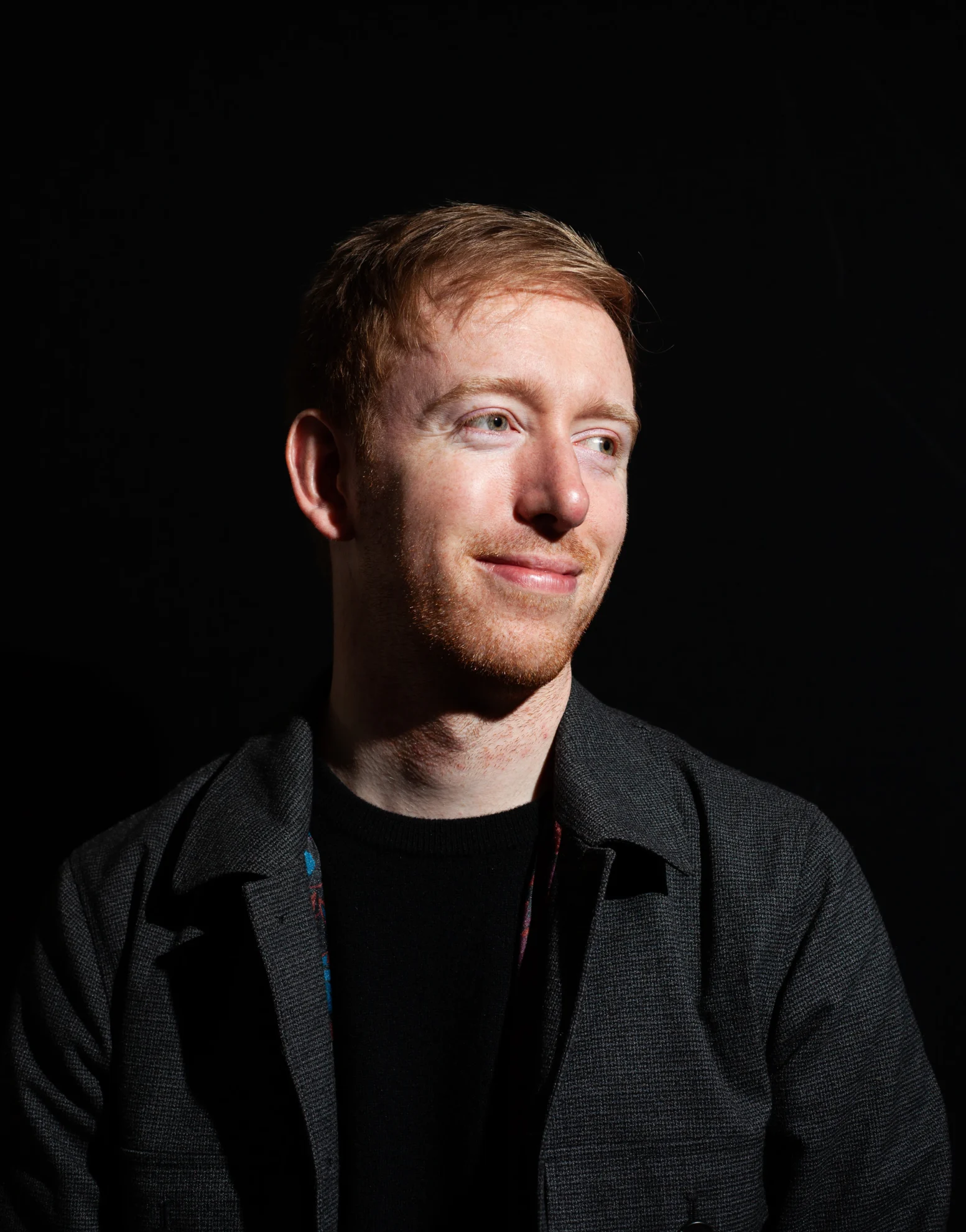

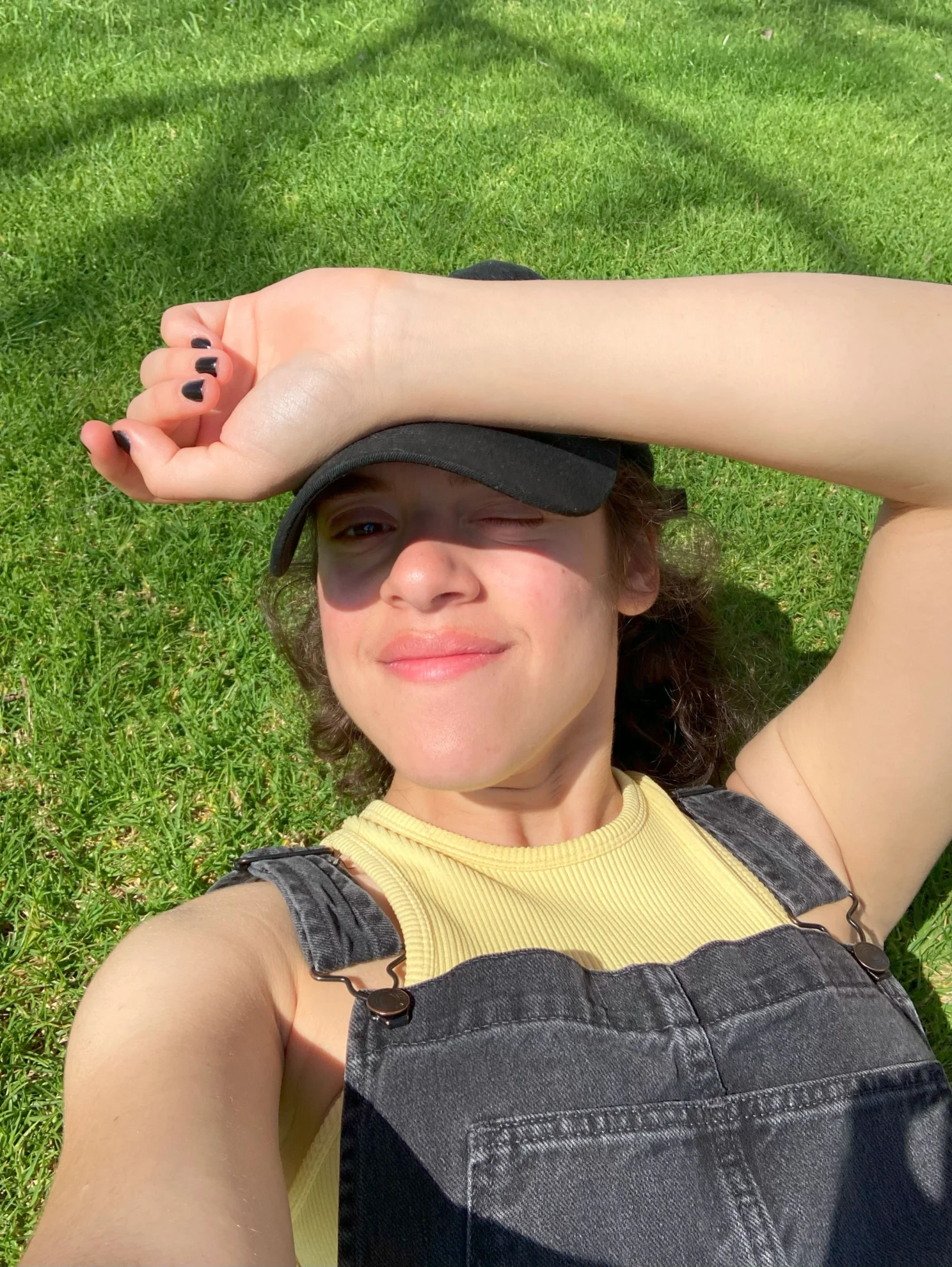
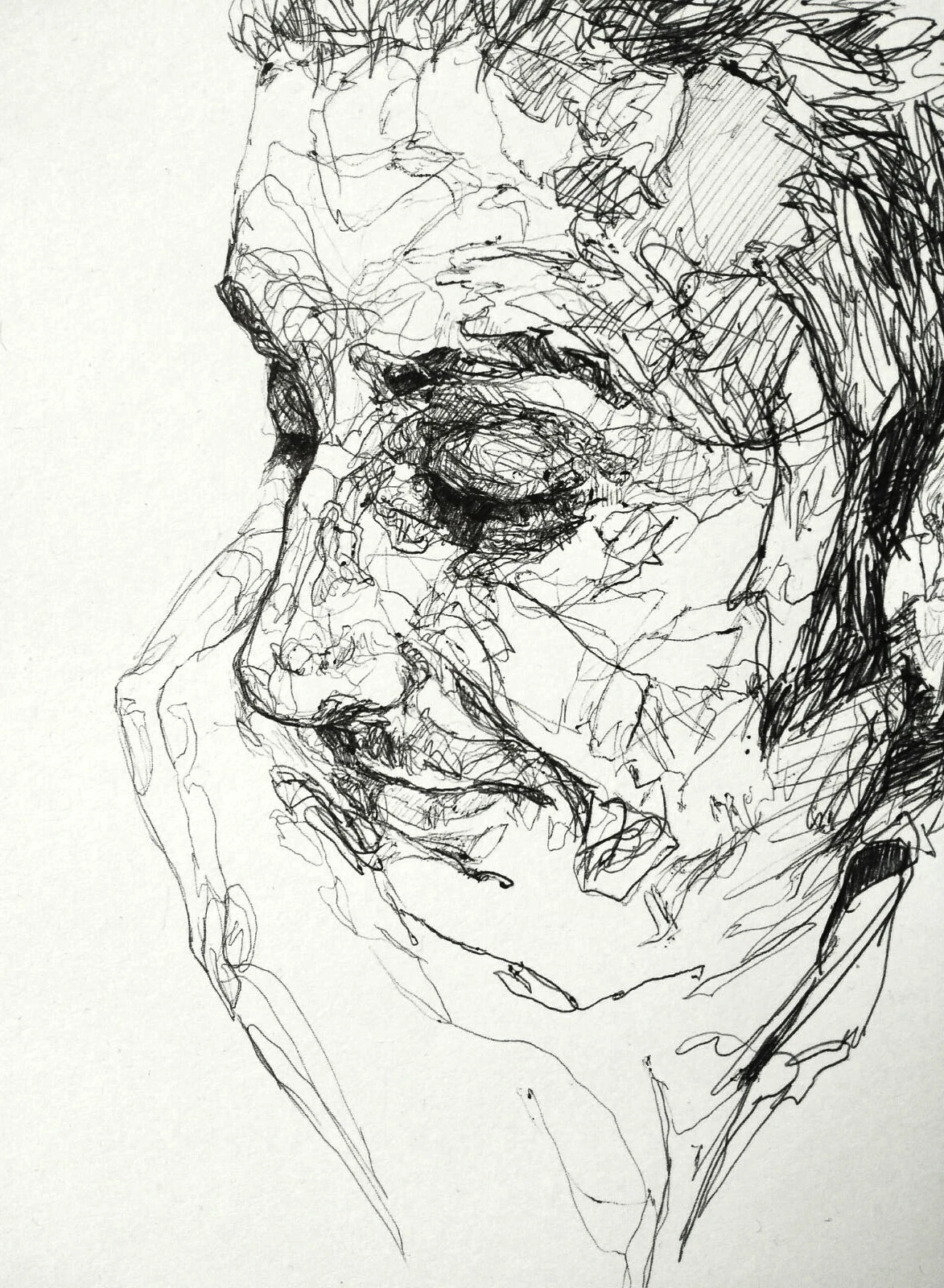
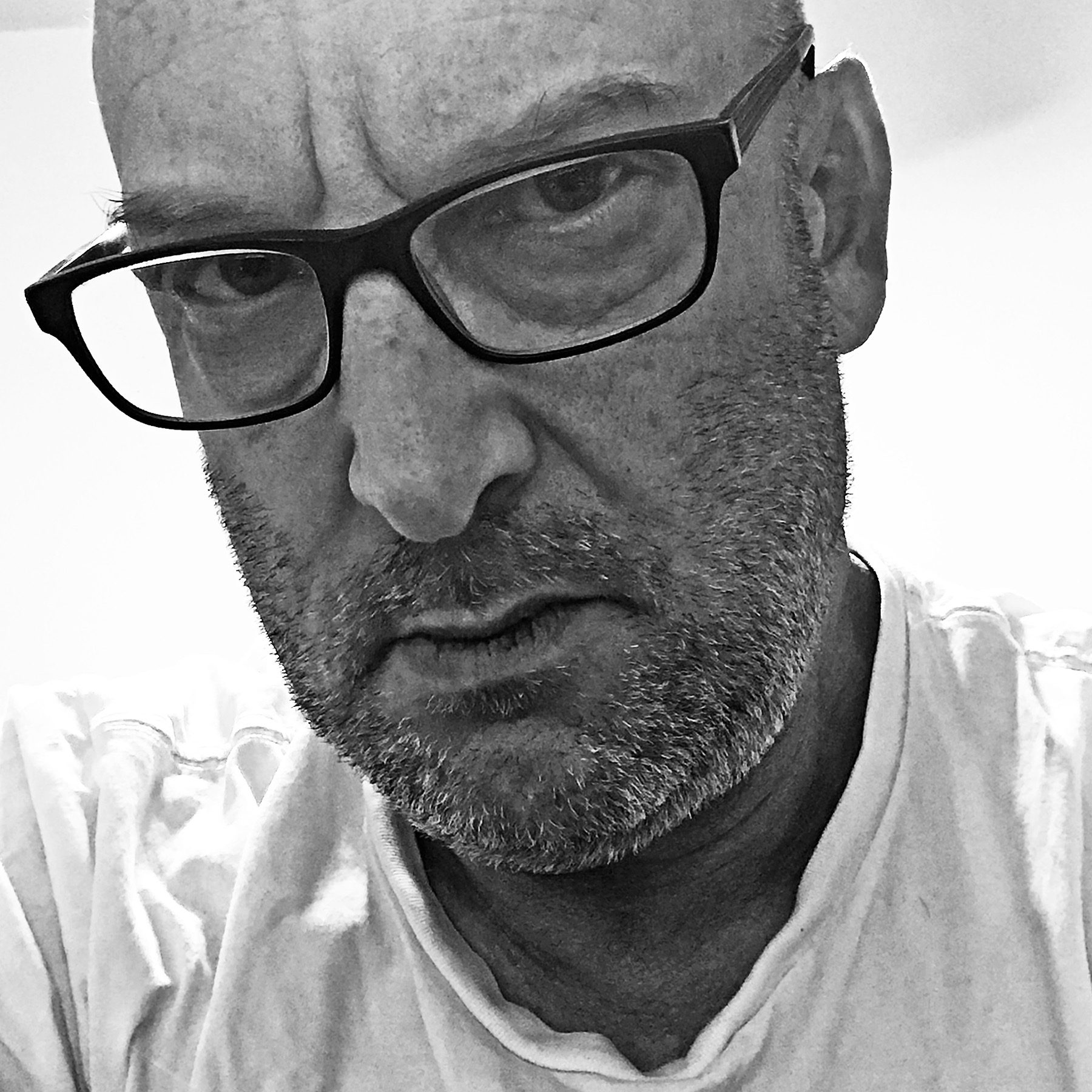
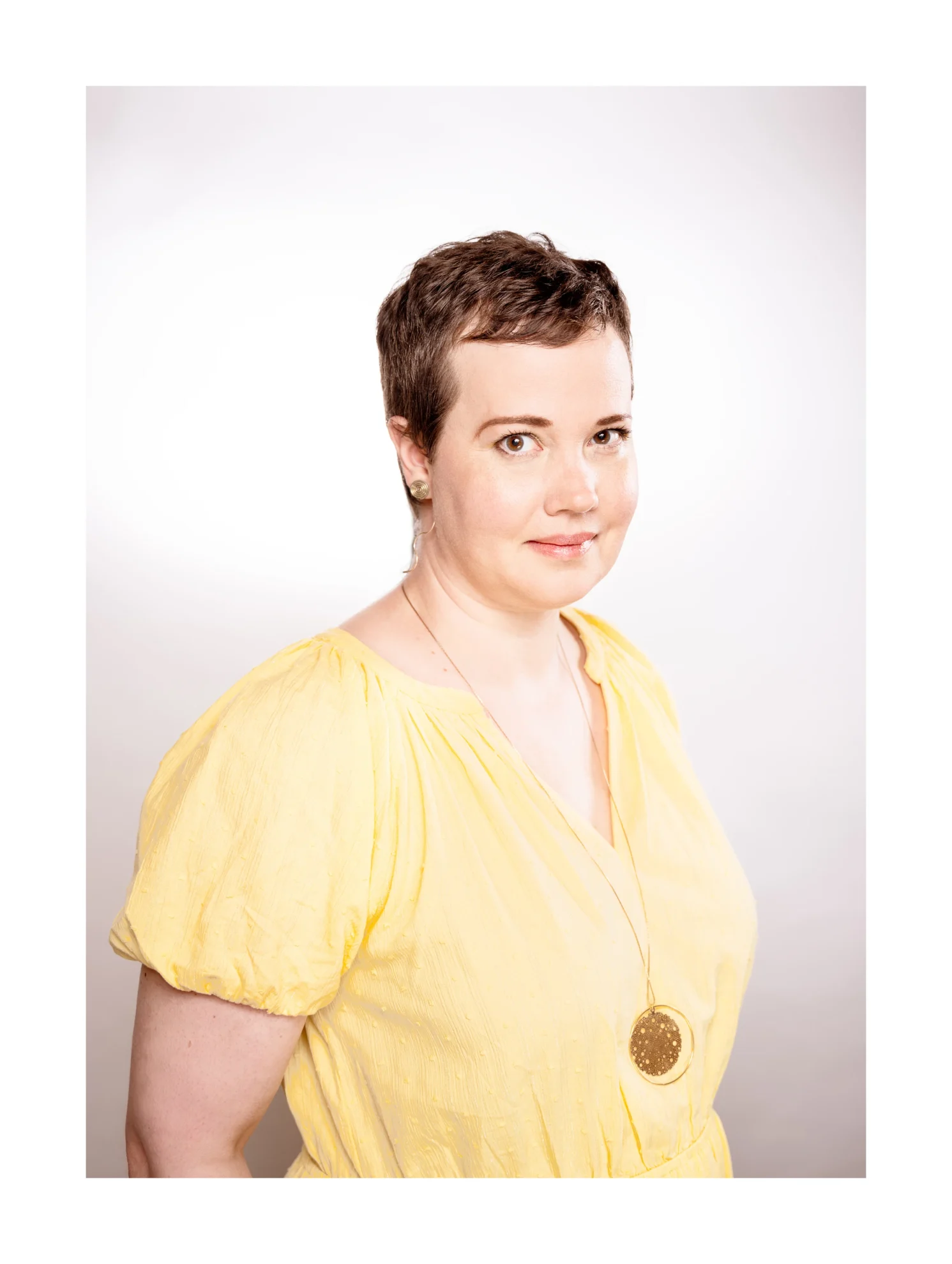


I take my leave of mother, she gives me / a key, but there is / no key, only her hand stretching out / and

I read something— / an idea worth noting, / and when I dog-eared the / page it bent easily / along the memory / of

And in the end we are happy only when everything pauses,
and the fullness of the world fits
into the flutter of a curtain in

You say utterance is when word becomes law, is held or holds itself in the air like an accident of heaven.

When I told my mother she has dementia, / she said that of course she’d get dementia / because her mom had Alzheimer’s but //

there is no time for tears, there never is; / no time for breathing deep. / A fit of sadness is like pulling a door
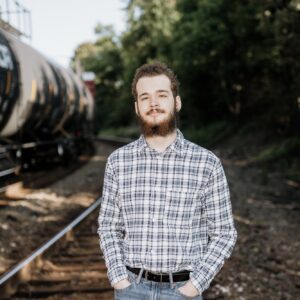
The peddler could hardly see the path in front of him, and cursed himself for failing to buy new oil for his lantern. Twice he
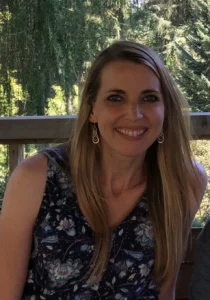
No one knows how much the silverware drawer matters. It rattles in Leah’s mind if it’s left unorganized. She checks it often.
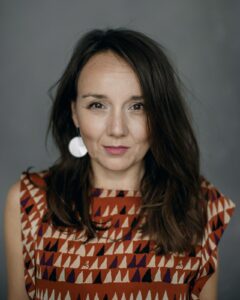
He didn’t recognize me, or else pretended not to see me. A neighbour who doesn’t say hello. I’m a neighbour who is see-through, perhaps completely invisible, not
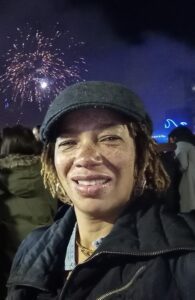
My sister bought me a “Sucka Free” hoodie in the ‘80s when Yo! MTV Raps was hot. I wore that shirt till the hole under
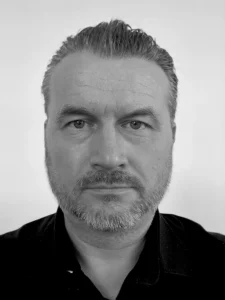
Geoffrey pulls his hand from his pocket and withdraws the four-inch handle of a switchblade knife. Jason’s face turns ghostly. The American yells and runs

Horror stares back at me surreptitiously from every corner of the flat with wide-open cats’ eyes. The reflexes I had of old have become alien
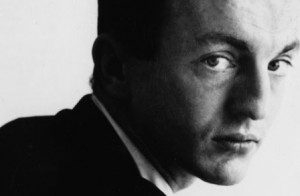
from A PREFACE TO SADNESS AT LEAVING Erje Ayden is the traditional “foreigner,” perhaps no more foreign to our language and ways than
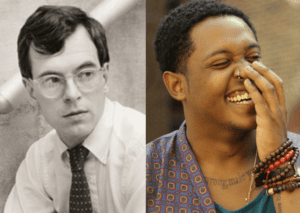
Stephan Delbos on the poetry of Tim Dlugos and Danzez Smith, two poets whose poetry clarifies the evolving relationship between American society & AIDS and
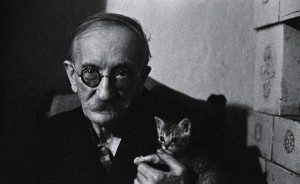
TOWARD THE END OF HIS LIFE the Czech poet and artist Bohuslav Reynek published a poem that was uncharacteristic in two respects. Its last

B O D Y reviews new pamphlets by David Kinloch, James Appleby, and Sophie Cooke.
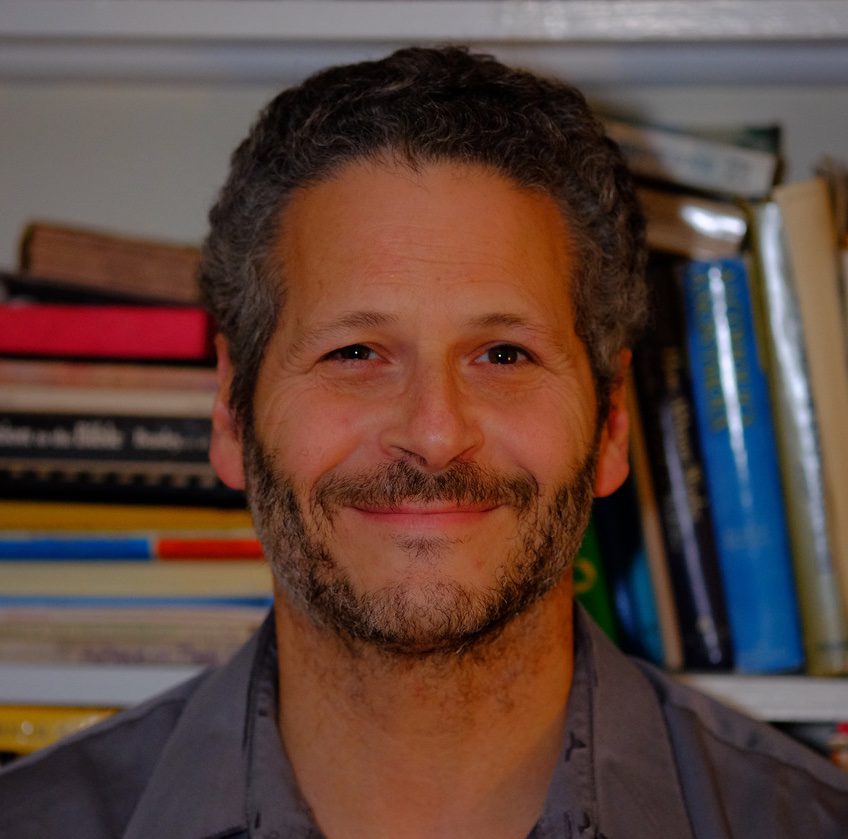
Hostovsky’s fondness for words and keen ear for spoken language benefit his writing: he can record and create dialogue in a brilliant and natural way. In this respect, he has more in common with short-story writers than with most contemporary poets, who tend to avoid direct speech.
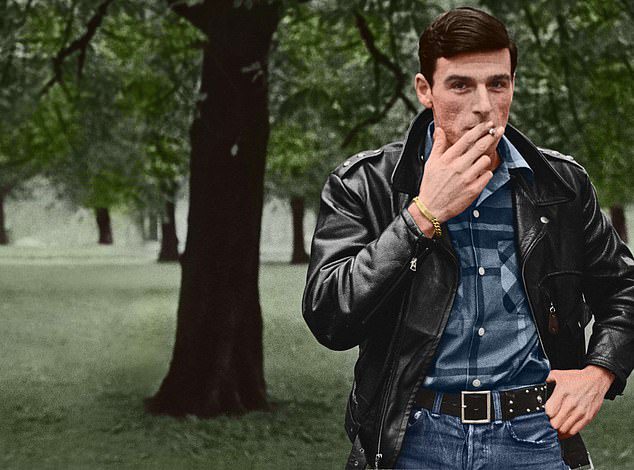
W. H. Auden once said that poets should dress like businessmen. Thom Gunn preferred leather and chains.
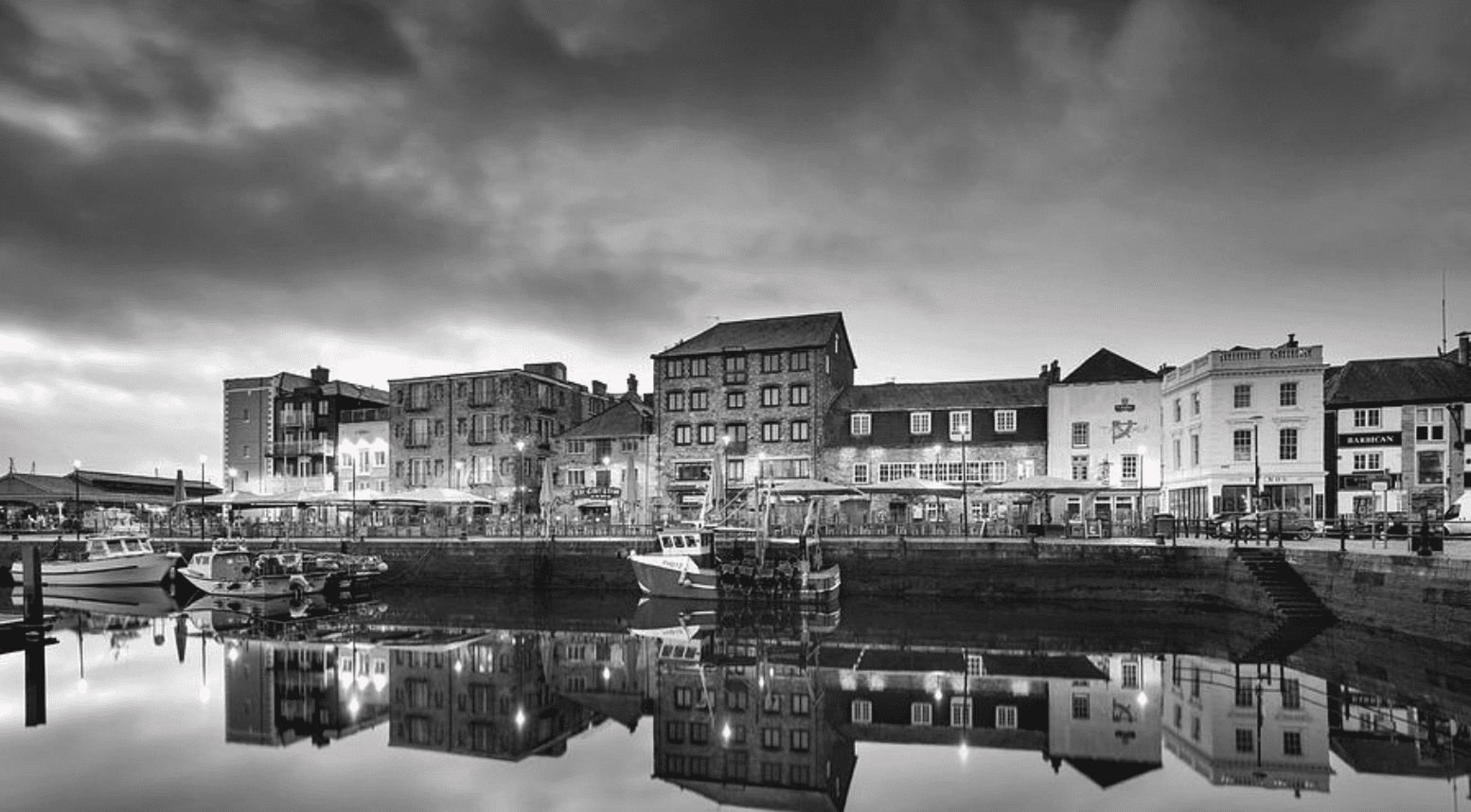
These four poets and their recent books are representative of the poetry currently being written in Southwest England and the country more broadly.
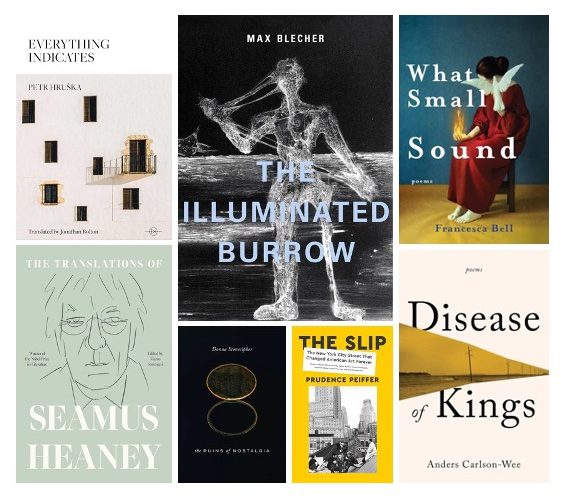
Eight recent volumes of poetry, prose, and photography, reviewed by our editors
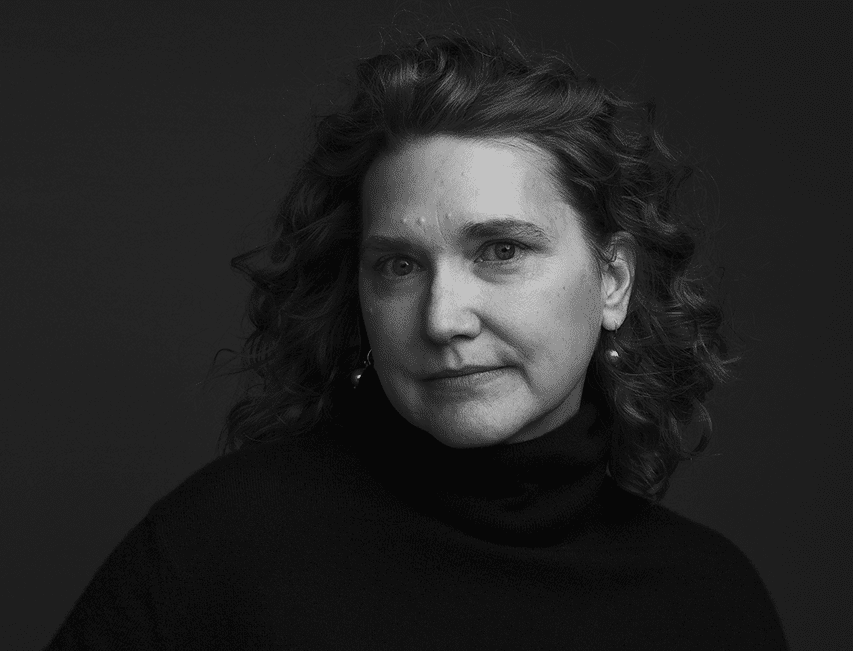
From her earliest work — before the idea of eco-entanglement was widely adopted by poets — Arnold viewed nature not as an ‘object’ or ‘other’ but as an inextricable (and clearly endangered) system in which humanity participates.
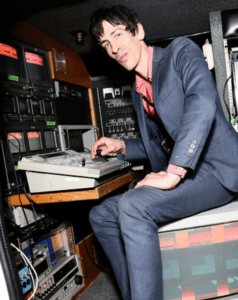
B O D Y interviews Scott Kiernan, a New York-based artist whose video, photo and installation works interact in ways that address their own materiality and means of distribution.
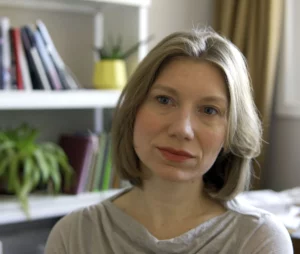
Anna Hawkins is an artist who works primarily in moving image and installation with an interest in the ways that images, gestures and language are circulated and transformed online and the impacts of technology on the intimate spheres of daily life.

Weaving together disparate references spanning across histories and geographies, German interdisciplinary artist Johanna Strobel explores the entanglement between philosophy, semiotics, and actuality.
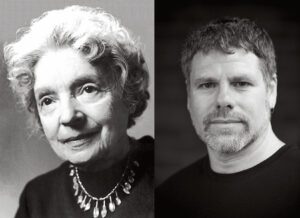
“The biggest challenge of translating Sachs into English, for me, had to do with tracking the movement of her mind in the forming of a poem.”
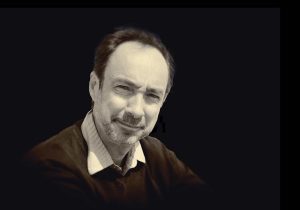
The Russian Civil War was a truly terrible event in terms of awful acts of atrocious violence, but there’s also a weird sense of farce about this, of history being played at the wrong speed.
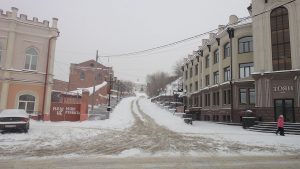
Andrey Filimonov comes from Tomsk, the 400-year-old “Athens of Siberia” and center of White Russian resistance during the Russian Civil War.
© 2025 | B O D Y | bodyliterature.com